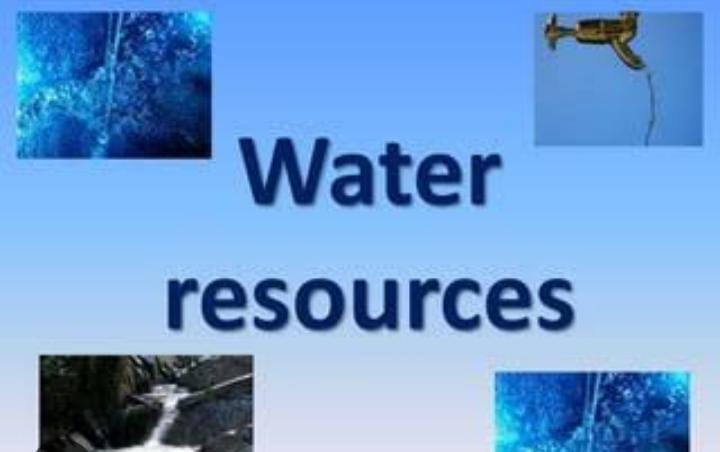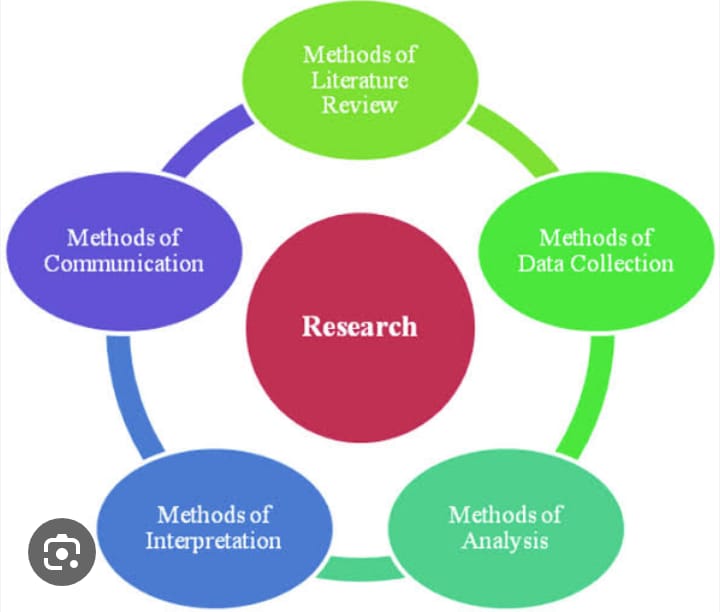lms.vvcollege.co.in
-
Welcome to the Learning Management System of V V College, Chullimada.
Available courses
- Teacher: Meena.p.s VV College
- Teacher: Sruthy pk VV College
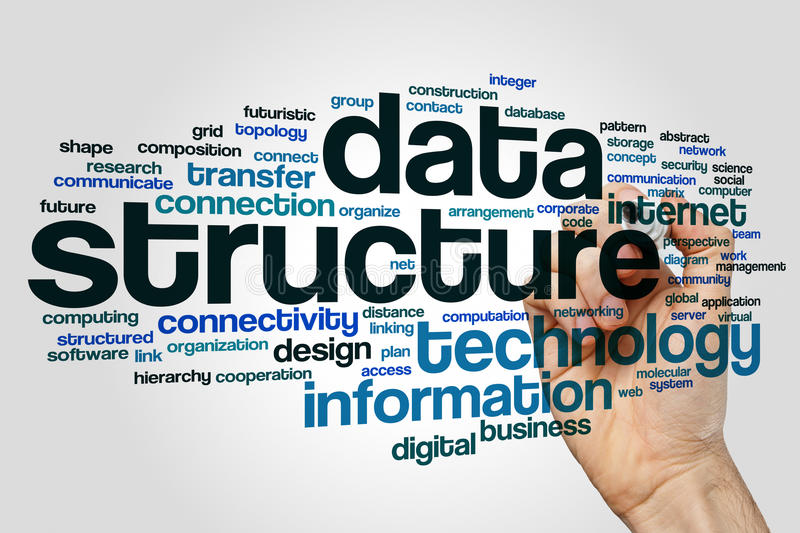
OBJECTIVE: The course is designed to develop skills to design and analyze simple linear and non linear data structures. It strengthen the ability to the students to identify and apply the suitable data structure for the given real world problem. It enables them to gain knowledge in practical applications of data structures.
COURSE OUTCOME:
At the end of this lab session, the student will
· Be able to design and analyze the time and space efficiency of the data structure
· Be capable to identity the appropriate data structure for given problem
· Have practical knowledge on the applications of data structures.
- Teacher: Athira S VV College
- Teacher: SURABHILA SREEJITHESH VV College

COURSE OBJECTIVES:
- Programming in Python
- Implementing data types, statement, operators and strings
- Implementing OOPs concept in Python
- Creating GUI applications using Python
- Connecting with databases
- Implementing TCP socket connectivity
COURSE OUTCOME:
- Create your first program in Python IDLE
- Implement OOPs concepts in your programming
- Use Arrays, and Data structures
- Create an application with the support of graphics in Python
- Implement error handling
- Teacher: Hima k VV College
- Teacher: Meena.p.s VV College

OBJECTIVE: The program will prepare our students to be successful professionals in the field with solid fundamental knowledge of software engineering.
- Be successful professionals in the field with solid fundamental knowledge of software engineering
- Utilize and exhibit strong communication and interpersonal skills, as well as professional and ethical principles when functioning as members and leaders of multi-disciplinary teams
- Apply their foundations in software engineering to adapt to readily changing environments using the appropriate theory, principles and processes.
At the time of graduation, all Software Engineering students will have demonstrated:
- How to apply the software engineering lifecycle by demonstrating competence in communication, planning, analysis, design, construction, and deployment
- An ability to work in one or more significant application domains
- Work as an individual and as part of a multidisciplinary team to develop and deliver quality software
- Demonstrate an understanding of and apply current theories, models, and techniques that provide a basis for the software lifecycle
- Demonstrate an ability to use the techniques and tools necessary for engineering practice.
- Teacher: Meena.p.s VV College
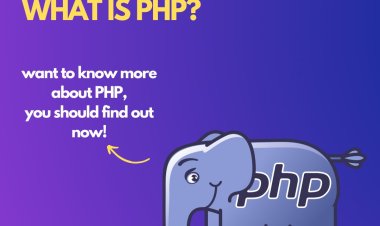
OBJECTIVES:
How to use PHP’s built-in server to serve static resources
How to use PHP to add some dynamic aspects to our pages
How to use HTML forms
The difference between
GETandPOSTrequestsHow to use cookies to store some data in the browser and pass it to the next request
How to use a session cookie to store data on the server instead of in the browser
How to build an authentication system
COURSE OUTCOME:
Create an Information Architecture document for a web site.
Construct a web site that conforms to the web standards of today and includes e-commerce and web marketing
Publish the website to a remote server using FTP.
Perform regular web site maintenance (test, repair and change)
•Construct a web site that conforms to the web standards of today and includes e-commerce and web marketing
• Publish the website to a remote server using FTP.
• Perform regular web site maintenance (test, repair and change)
- Teacher: SURABHILA SREEJITHESH VV College

OBJECTIVES: The course should enable the students to: I. Understand the basic object oriented programming concepts and apply them in problem solving. II. Illustrate inheritance concepts for reusing the program. III. Demonstrate on the multi-tasking by using multiple threads. IV. Develop data-centric applications using JDBC. V. Understand the basics of java console and GUI based programming.
COURSE LEARNING OUTCOMES (CLOs): 1. Use object oriented programming concepts to solve real world problems.
2. Explain the concept of class and objects with access control to represent real world entities.
3. Demonstrate the behavior of programs involving the basic programming constructs like control structures, constructors, string handling and garbage collection.
4. Use overloading methodology on methods and constructors to develop application programs.
5. Demonstrate the implementation of inheritance (multilevel, hierarchical and multiple) by using extend and implement keywords.
- Teacher: Hima k VV College
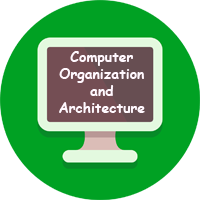
COURSE OBJECTIVES: 1. Discuss the basic concepts and structure of computers.
2. Understand concepts of register transfer logic and arithmetic operations.
3. Explain different types of addressing modes and memory organization.
4. Learn the different types of serial communication techniques.
5. Summarize the Instruction execution stages.
COURSE OUTCOMES: 1. Understand the theory and architecture of central processing unit.
2. Analyze some of the design issues in terms of speed, technology, cost, performance.
3. Design a simple CPU with applying the theory concepts.
4. Use appropriate tools to design verify and test the CPU architecture.
5. Learn the concepts of parallel processing, pipelining and interprocessor communication.
6. Understand the architecture and functionality of central processing unit.
7. Exemplify in a better way the I/O and memory organization.
8. Define different number systems, binary addition and subtraction, 2’s complement
representation and operations with this representation.
- Teacher: Athira S VV College
- Teacher: Sruthy pk VV College

In theoretical computer science and mathematics, the theory of computation is the branch that deals with what problems can be solved on a model of computation, using an algorithm, how efficiently they can be solved or to what degree
- Teacher: Sruthy pk VV College

Data Structures in C are used to store data in an organised and efficient manner. The C Programming language has many data structures like an array, stack, queue, linked list, tree, etc. A programmer selects an appropriate data structure and uses it according to their convenience.
- Teacher: Athira S VV College
- Teacher: SURABHILA SREEJITHESH VV College
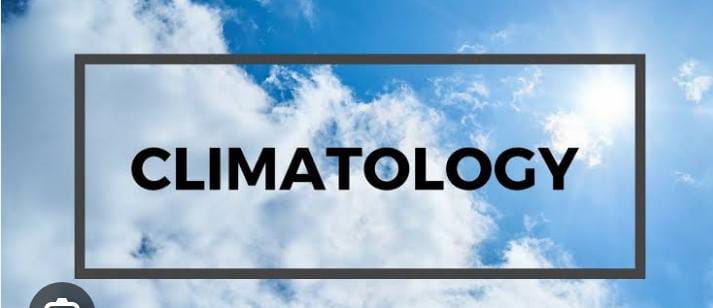
- Teacher: JINA A J

- Teacher: NANDINI S

- Teacher: NANDINI S
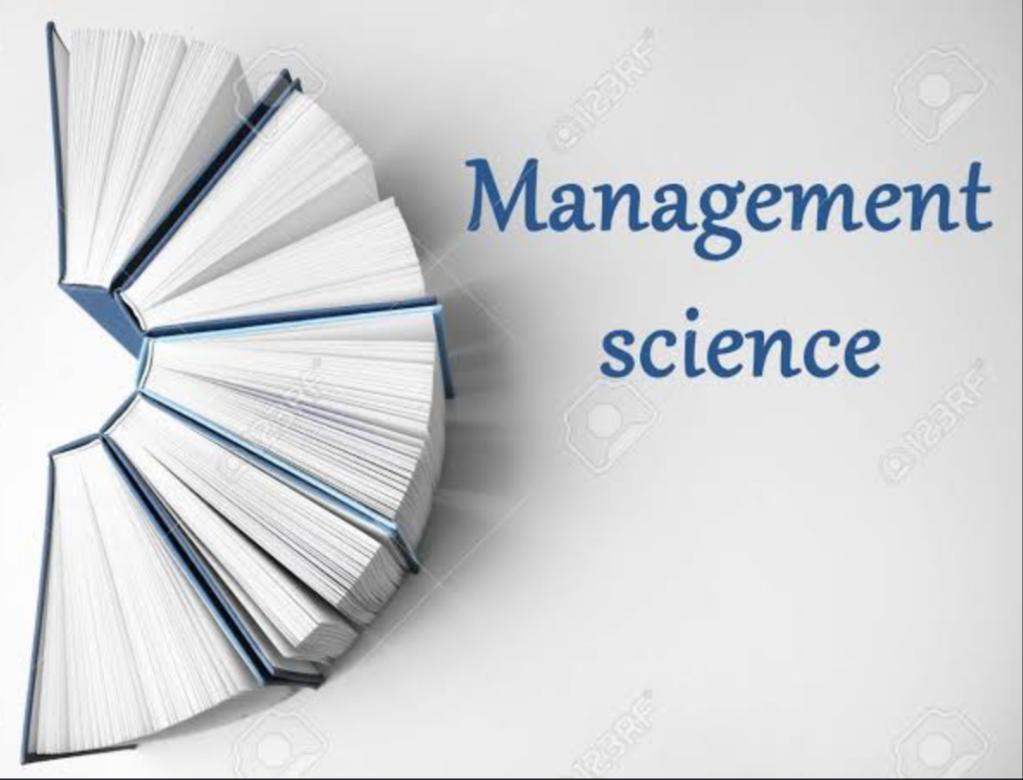
Course outcomes:
Management Science uses the ideas and methods of science, mathematics, statistics, and computing, which collectively are often referred to as Business Analytics, to help managers make better business decisions
- Teacher: SWAPNA C S VV College
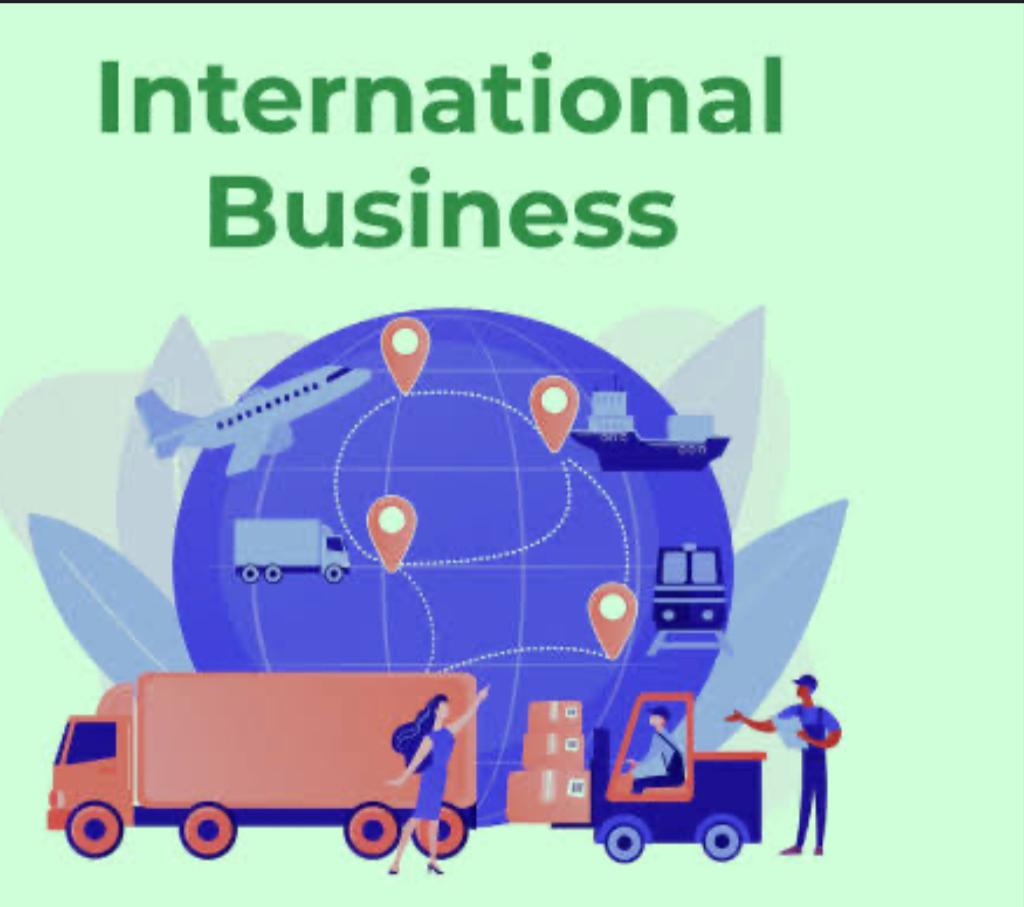
Course outcomes:
Use creative thinking and innovative strategies to see new global opportunities, employ available and potential resources, manage risks, anticipate and overcome threads
- Teacher: JYOTHI M V VV College
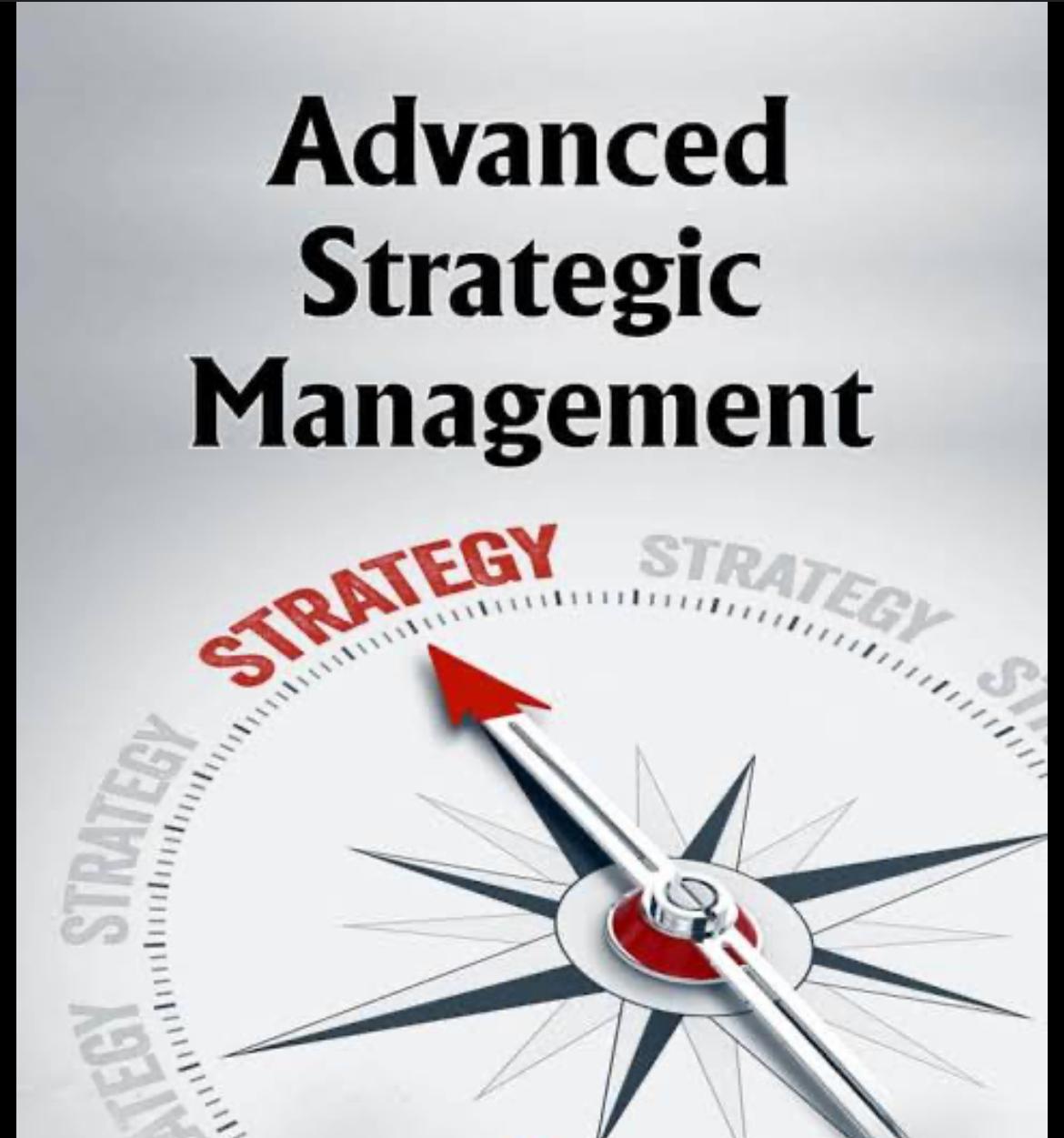
Course outcomes:
Explain the dynamic nature of business and the role of strategic management in generating and sustaining competitive advantage
- Teacher: SUNU K T VV College

Course outcomes:
· Evaluate the importance of working capital management and its role in meeting firm's strategic objectives and its impact in value creation
· Acquire conceptual knowledge of basics of accounting. Identify events that need to be recorded in the accounting records.
- Teacher: INDIRA S VV College
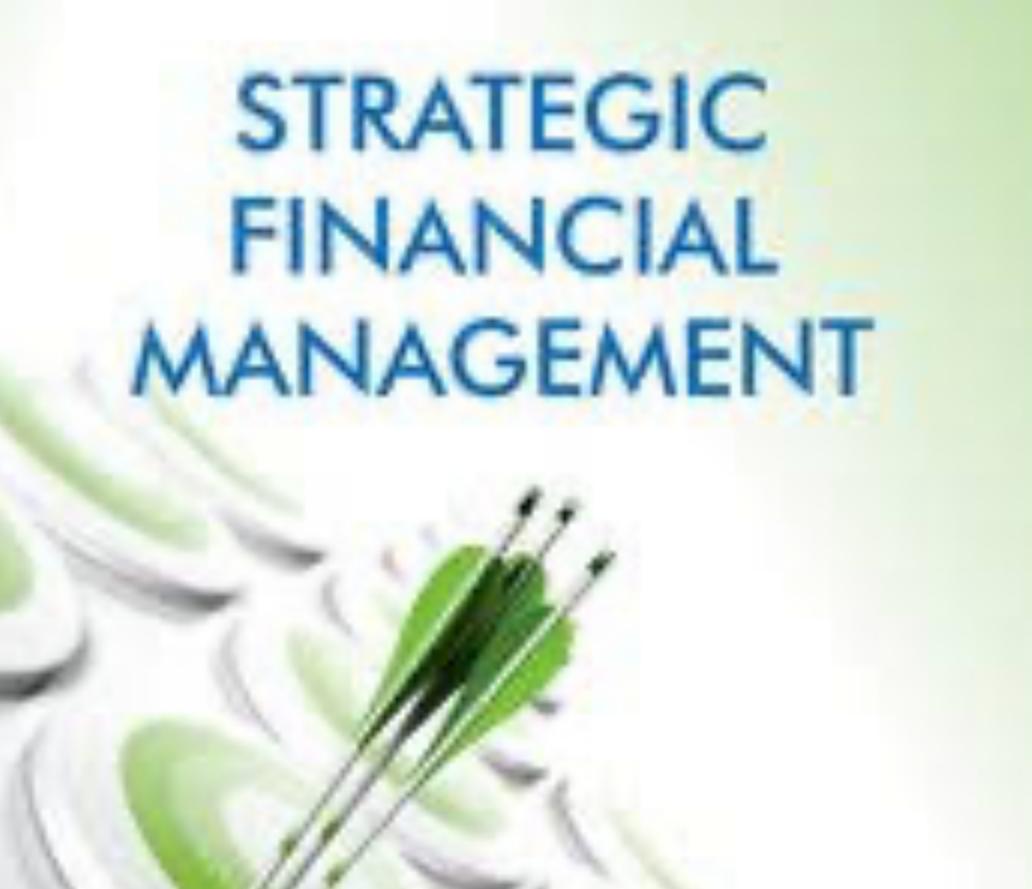
Course outcomes:
· Apply the time value of money for personal finance management
· Gain the knowledge on application of different techniques of capital budgeting under riskless and risky conditions for the investment decisions.
· Build the optimum capital structure to take the optimum financing decisions.
· Gain the knowledge on the different concepts of cost of capital.
- Teacher: NISHA K G VV College

Course outcomes:
· Know the international financial system and framework
· Under the foreign exchange market transactions and role of the participants in the international market.
· Gain the knowledge on exchange rate determination and the techniques of risk management.
· Observe the MNCs’ behavior in the global markets
- Teacher: SOUMYA K VV College
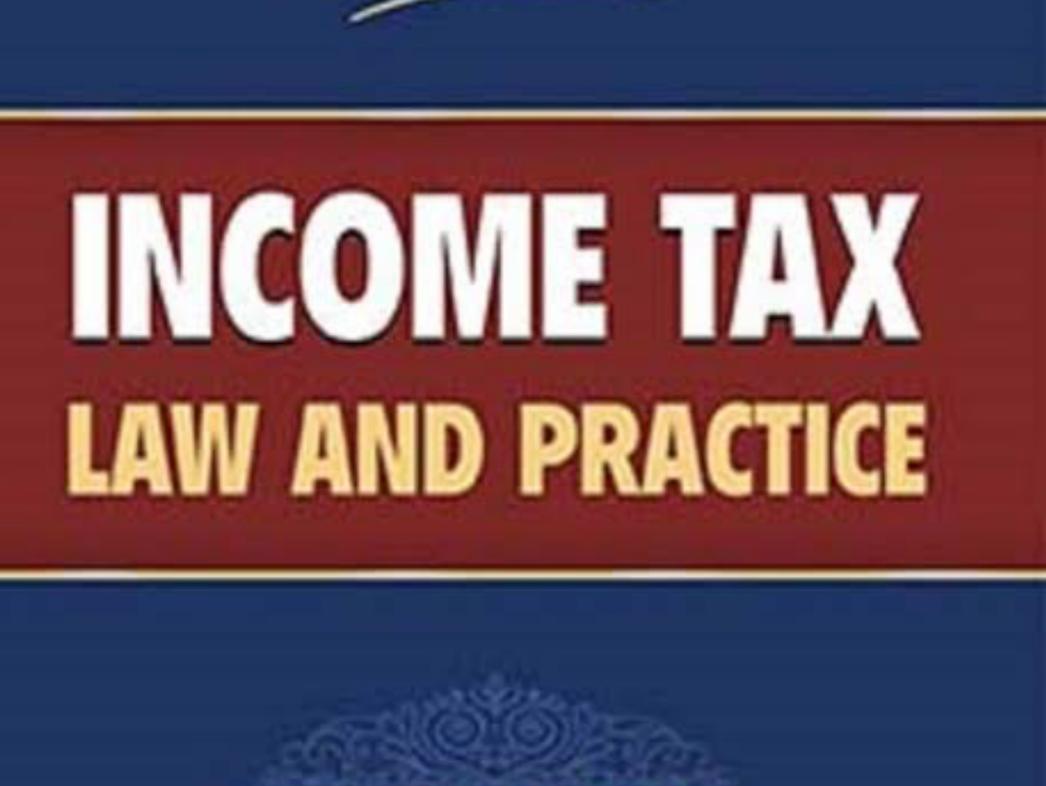
Course outcomes:
· To enable the students to identify the basic concepts, definitions and terms related to Income Tax.
· Students would identify the technical terms related to Income Tax.
- Teacher: Priya K VV College
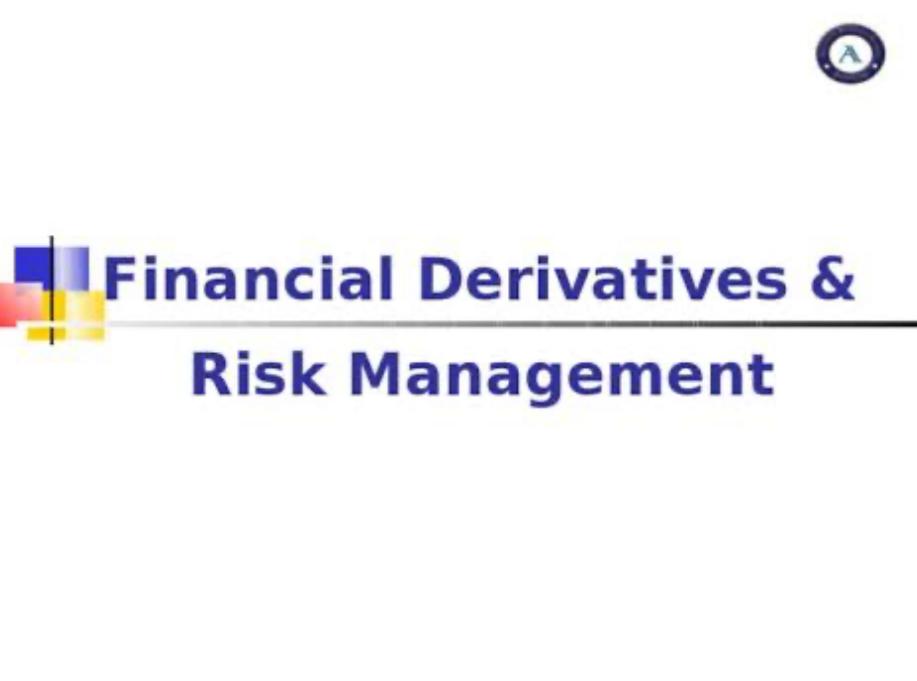
Course outcomes:
Identify how derivative instruments can be used to change or hedge risk and evaluate risks and pay-offs associated with trading such instruments and their implications. Understand the basic risk management and trading strategies using futures and options.
- Teacher: SHEEJA V V VV College
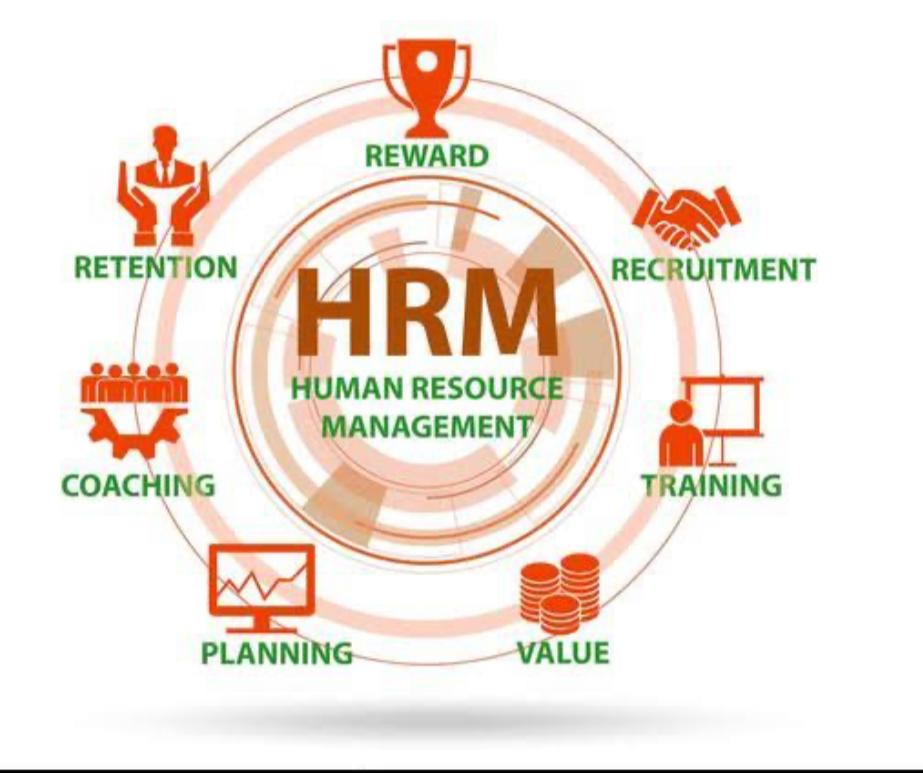
Specific Course objectives:
1. To impart understandings on human resource management.
2. To equip the students with basic knowledge and skills required for the acquisition, development and retention of human resources.
3. Develop the organizational practices of induction and organizational training practices.
4. Analyze the concept of performance appraisal and career planning.
5. Understand the compensation management and grievance redressal practices in the organization.
Specific course outcomes:
1. Knowledge of human resource management helps to run business effectively.
2. Understand the necessary skills required for the employment in an organization.
3. Familiarity with the induction and organizational training practices helps to have effective trained work force in the organisation..
4. Understand the concept of career planning and performance appraisal.
5. Insight on compensation and grievance management practices helps to take effective and appropriate decisions on time.
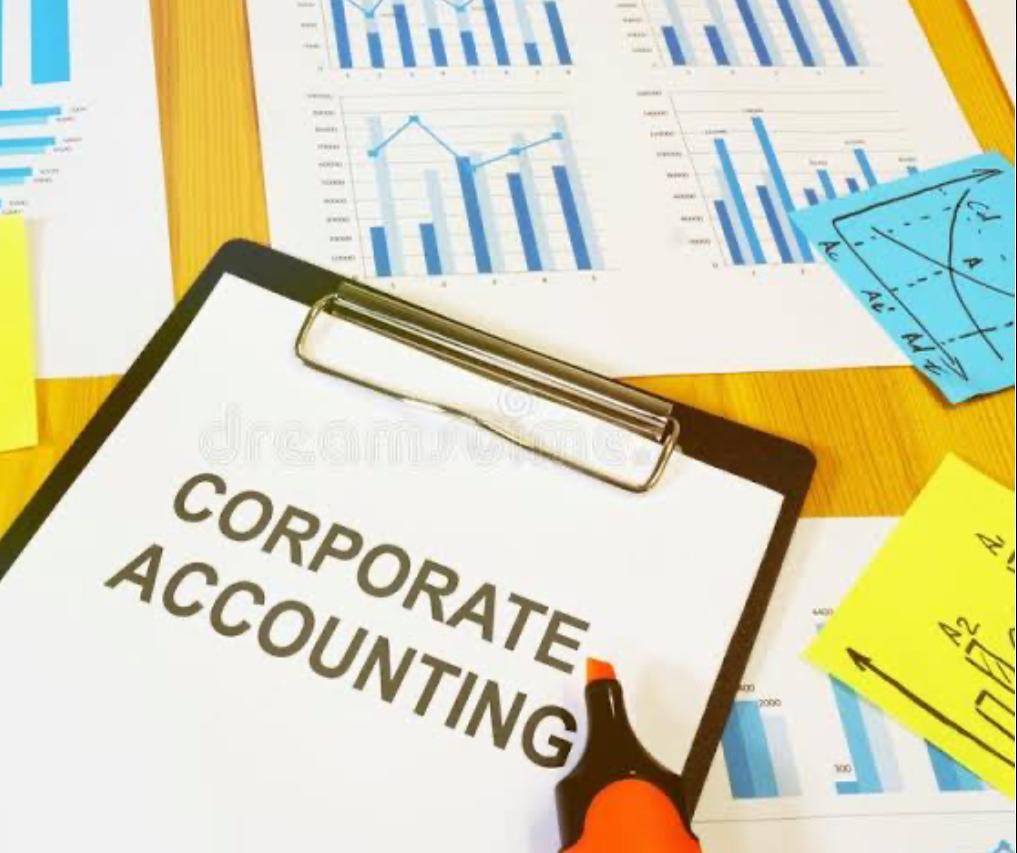
Specific course objectives:
1. To learn to account for redemption of pref. shares, bonus shares, right shares and buy back of shares.
2. Construct the financial practices of banking companies and preparation of final accounts.
3. Develop accounting practices of life insurance companies and drafting final accounts.
4. Demonstrate the preparation of consolidated financial statements of group companies.
5. Develop important disclosure based accounting standards and interim financial reporting.
Specific course outcomes:
1. Becomes competent to prepare accounts related with redemption of preference shares, bonus shares, right issue of shares and buy back of shares.
2. Realizes the concept of preparation of final accounts of banking companies.
3. Develop the skill of preparation of final accounts of life insurance companies.
4. Able to prepare the final accounts of group companies.
5. Understand the concept of disclosure based accounting standard and interim reporting.
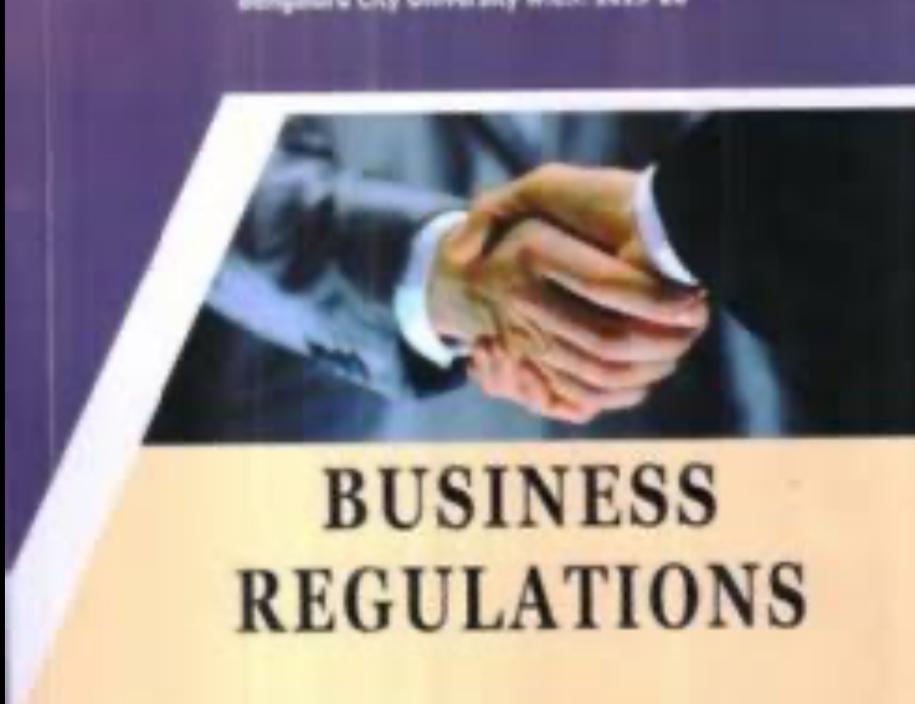
Specific course objectives:
1. To impart basic knowledge of various business law in force.
2. To understand in detail of Indian Contract Act and its application on business situations.
3. To Learn Sale of Goods Act 1930 and its application.
4. To study Consumer Protection Act and grievance handling mechanism.
5. To understand Limited Liability Partnership and its application of partnership business.
Specific outcomes:
1. Helps to establish and run business as directed by the government.
2. Knowledge of Indian Contract Act 1872 helps to enter into valid contracts in life and business.
3. Learning of Sale of Goods Act helps to do business keeping all legal formalities.
4. Understanding of the privileges and rights of consumers helps to do legally standing business admitting the status of the customers; increases business and relationships in the long run.
5. Able to create LLP business with sound legal knowledge.

Specific course objectives:
1. To know professional and soft skills for business, business communication and documentation.
2. To measure the applications e –learning resources and it’s delivery in India.
3. To learn data analysis, networking, artificial intelligence, ethical and legal considerations.
4. To realize IT and society, cyber ethics, cyber crimes, cyber laws and E-governance initiatives.
5. To introduce digital marketing, types of digital marketing, social media and advertisements.
Specific outcomes:
1. Facilitates easy business communication
2. Improved knowledge of E-learning resources and its delivery broadens vision and insight of management.
3. Knowledge of artificial intelligence and data analysis helps to diversify and grow business cutting across obstacles
4. Knowledge of existing national and international cyber laws makes communication and business easier.
Digital marketing and its application of social media channels and advertisements enhances changes and horizon of business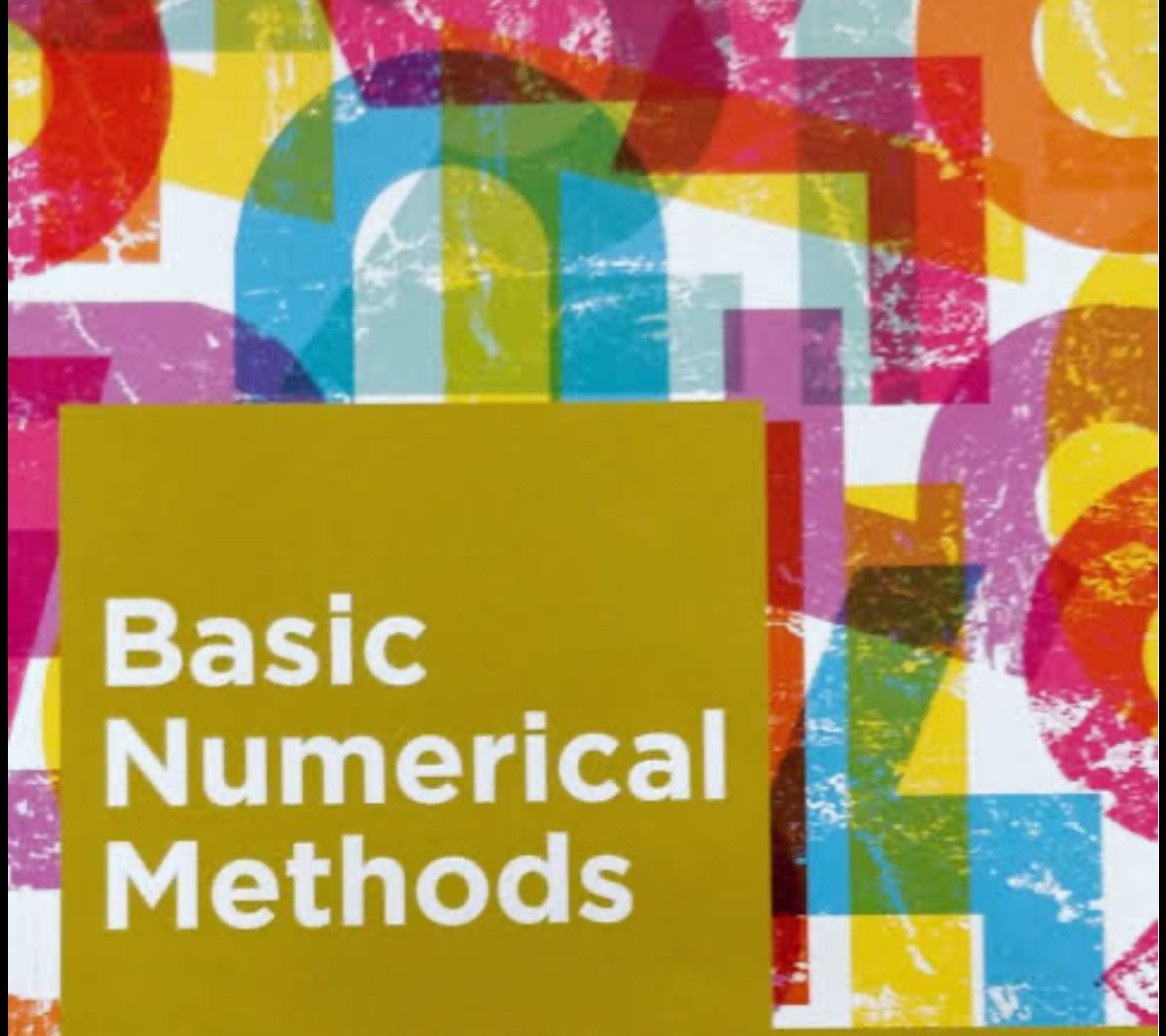
Specific course objectives:
1. Understand the basic concepts of theory of equations and quadratic formula.
2. To learn matrices, types, use and its application on various business situations.
3. To impart knowledge on progressions and its applications.
4. To learn various types of interest, growth rate and calculation of EMI on debt repayment.
5. To realize the concepts of descriptive statistics and its applications.
Specific outcomes
1. The learner learns the concepts of equations and quadratic formula.
2. Facilitates the scholar to use matrices for large volume data processing.
3. This helps to solve problems involving arithmetic and geometric progressions.
4. Able to choose the right mode of interest and EMI for debt repayment
5. Develop the skill of using descriptive statistical tools.
- Teacher: SANU R V V College

Specific Objectives:
1. To provide a general idea of financial management and time value of money
2. To impart knowledge on capital investment evaluation process
3. To study calculation of individual and overall Cost of capital
4. To Study dividend Policies
5. To learn working capital management tools and techniques
Specific Outcomes:
1. Knowledge of financial management and time of value money helps decisions making effective.
2. Understanding of capital investment evaluation techniques makes investment selection easier.
3. Familiarity with cost of capital helps to use capital judiciously
4. Knowledge of dividend policies helps to take appropriate decision on dividend
5. Helps to have effective working capital management.
- Teacher: SOUMYA K VV College

Specific Objectives:
1. To study functions of financial markets and to evaluate feasibility of financial products
2. Intended to learn various terms used in Indian money market, players in it and their roles.
3. This is envisaged to learn composition of Indian Capital Market and Players in the Indian Capital Market, features, intermediaries, constructing Indices-important indices in use.
4. It is planned to study the NBFCs in India, roles, Leasing, Factoring and its importance.
5. To learn regulatory mechanism in India to regulate the financial markets and services offered. It is also intended to learn the role of regulatory agencies like RBI and SEBI,
Specific Objectives:
1. The; learner acquires thorough knowledge about the financial markets and products available
2. The scholar understands Indian Money Market, Players in the market, Instruments traded, and their functions.
3. The candidate gets clear idea of the composition Indian Capital Market, Who all are the major players in it, how indices are constructed and major indices in use. This will help the candidate to enter such a market with confidence.
4. The Student get acquainted with various NBFCs in playing in India, major instruments traded in the country, factoring, leasing etc.
5. The scholar gets clear idea of the regulatory mechanism in India and role of RBI and SEBI in enforcing transparent fair dealings. This will help the candidate to master the topic easily with confidence.
- Teacher: SANU R V V College

Specific Objectives:
□ To learn taxation system in India, and to learn taxable income, exempted income, agricultural income, calculation of taxable income, residential status etc.
□ To learn computation of taxable income under the head Salaries.
□ To understand taxation of income under the head House Property.
□ To study calculation of taxable profits and gains of business or profession.
□ To seek provisions of taxing capital gains and other sources
Specific Outcomes:
1. To understand the method and methodology of taxation on income in India.
2. To learn the provisions related to computation of Taxable Salary Income.
3. Knowledge of taxing income from house property helps the learner to compute taxable income under the head House Property correctly.
4. Knowledge of computing income under the head profits and gains of business or profession helps the learner to do it effectively in life.
5. Knowledge of computing income under the head Capital Gains and other sources makes the learner self-confident and competent to practice income tax.
- Teacher: Priya K VV College
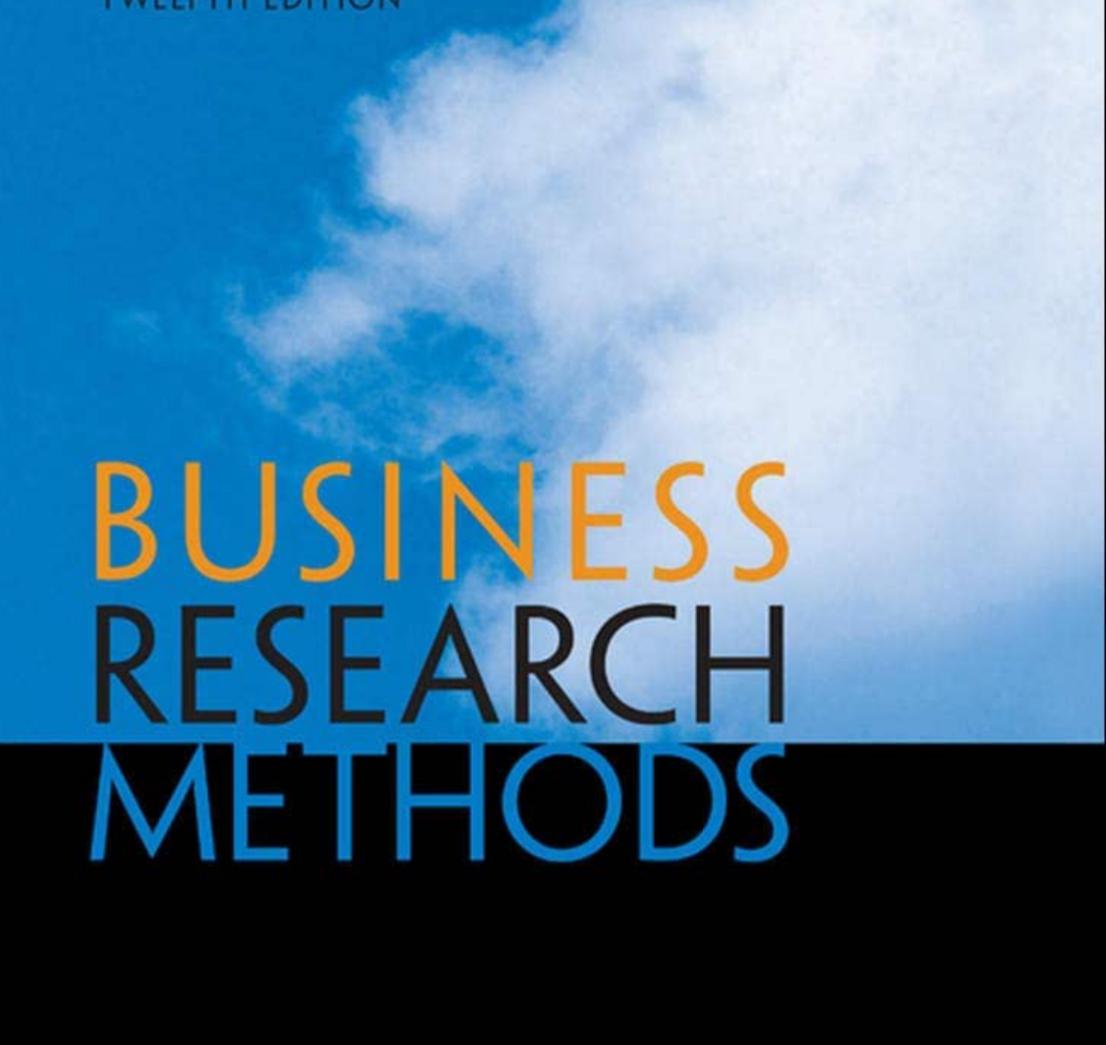
Specific Objectives:
1. To impart a general idea of research and types of research.
2. To study the fundamentals of research and measurement of reliability
3. To learn scientific data collection process
4. To understand scientific data processing techniques and testing of hypothesis
5. To study drafting of a research report and matters to be kept in mind.
Specific Outcomes:
1. The learner knows the primary matters of business research
2. The student know how to fix a research design, scaling checking validity etc
3. The candidate knows the method of data collection and its processing and validation.
4. The learner knows to process collected data, test hypothesis and arrive at conclusions
5. The student knows well how to write an academic report and present it
- Teacher: NISHA K G VV College
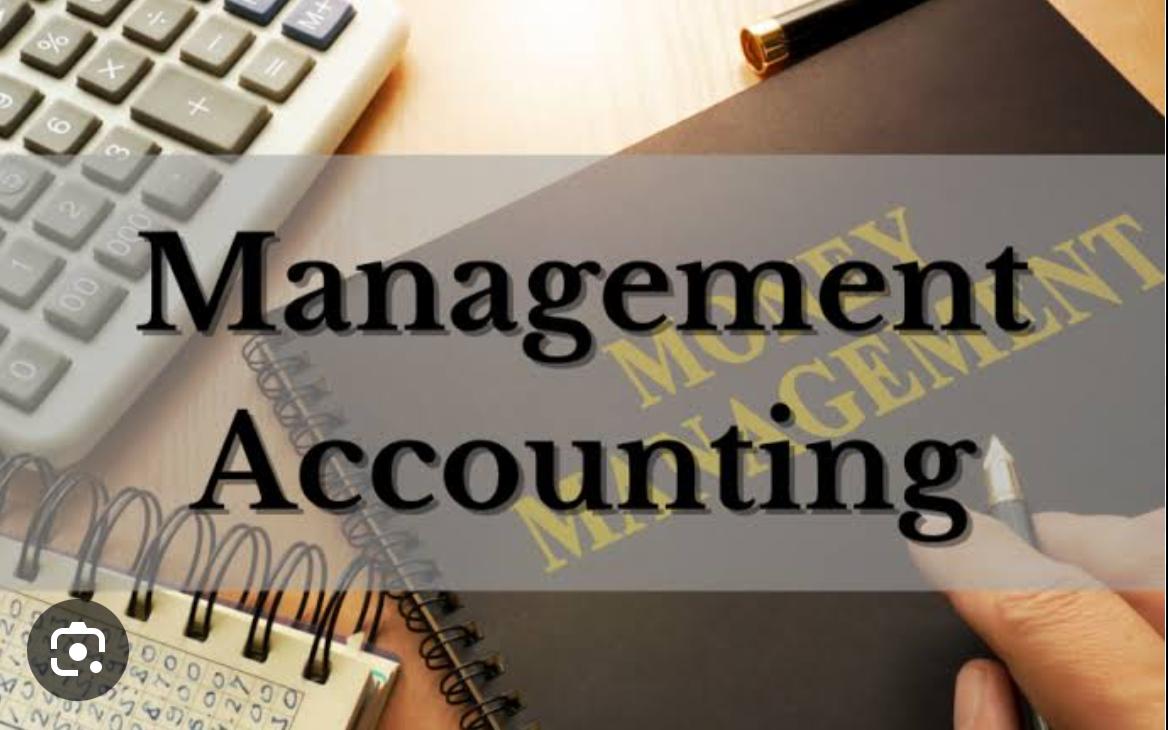
Specific Objectives:
1. To give an overview of Management Accounting
2. To study the methods of analysing financial statements
3. To learn Ratio analysis
4. To learn Fund Flow and Cash Flow analysis
5. To understand CVP analysis
Specific Outcomes:
1. To make the learner aware of the methodologies of Management Accounting
2. It is to make the candidate learn how to conceive and interpret financial statements
3. Ratios are very helpful tools for analysis and interpretations.
4. Knowledge of movements in working capital helps to check/control flow of funds/cash.
5. Knowledge of CVP analysis will be of great help for managerial decision making.
- Teacher: JYOTHI M V VV College
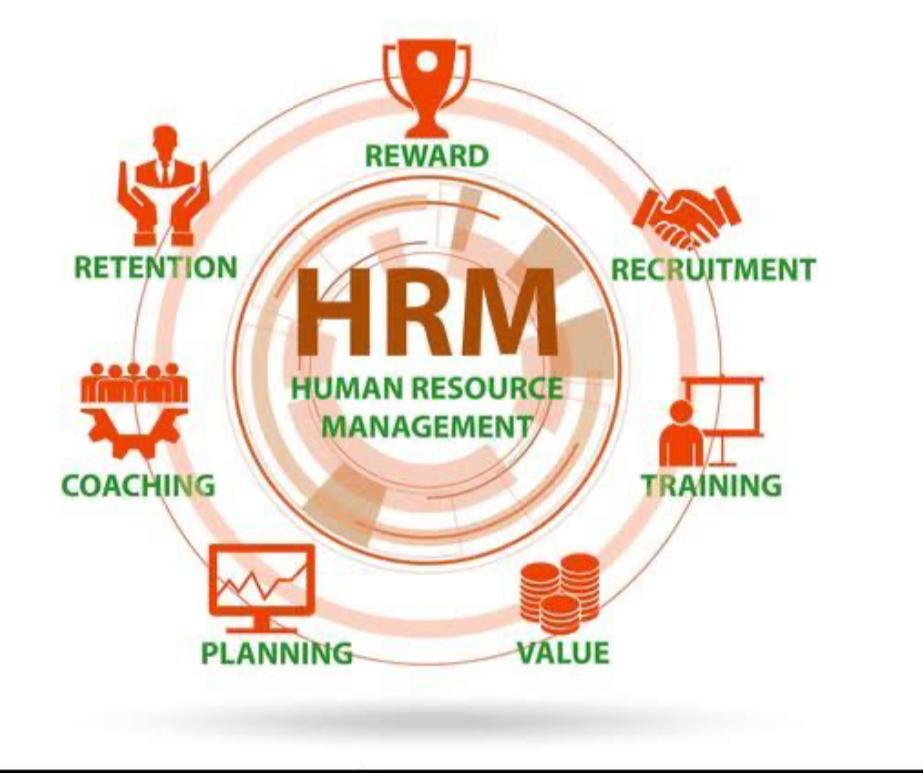
Specific Course objectives:
1. To impart understandings on human resource management.
2. To equip the students with basic knowledge and skills required for the acquisition, development and retention of human resources.
3. Develop the organizational practices of induction and organizational training practices.
4. Analyze the concept of performance appraisal and career planning.
5. Understand the compensation management and grievance redressal practices in the organization.
Specific course outcomes:
1. Knowledge of human resource management helps to run business effectively.
2. Understand the necessary skills required for the employment in an organization.
3. Familiarity with the induction and organizational training practices helps to have effective trained work force in the organisation..
4. Understand the concept of career planning and performance appraisal.
5. Insight on compensation and grievance management practices helps to take effective and appropriate decisions on time.

Specific course objectives:
1. To learn to account for redemption of pref. shares, bonus shares, right shares and buy back of shares.
2. Construct the financial practices of banking companies and preparation of final accounts.
3. Develop accounting practices of life insurance companies and drafting final accounts.
4. Demonstrate the preparation of consolidated financial statements of group companies.
5. Develop important disclosure based accounting standards and interim financial reporting.
Specific course outcomes:
1. Becomes competent to prepare accounts related with redemption of preference shares, bonus shares, right issue of shares and buy back of shares.
2. Realizes the concept of preparation of final accounts of banking companies.
3. Develop the skill of preparation of final accounts of life insurance companies.
4. Able to prepare the final accounts of group companies.
Understand the concept of disclosure based accounting standard and interim reporting.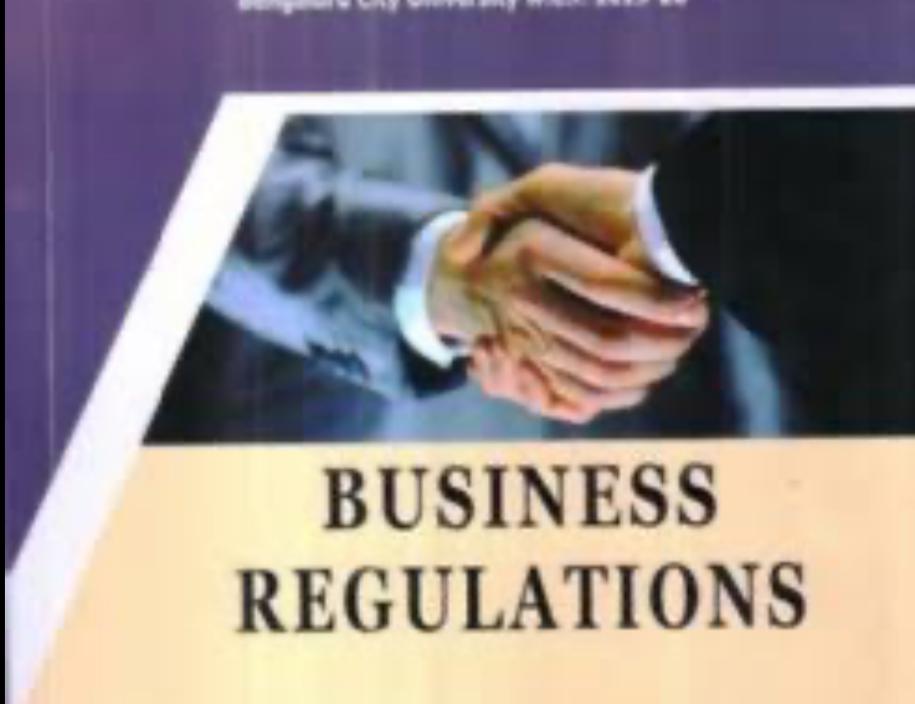
Specific course objectives:
1. To impart basic knowledge of various business law in force.
2. To understand in detail of Indian Contract Act and its application on business situations.
3. To Learn Sale of Goods Act 1930 and its application.
4. To study Consumer Protection Act and grievance handling mechanism.
5. To understand Limited Liability Partnership and its application of partnership business.
Specific outcomes:
1. Helps to establish and run business as directed by the government.
2. Knowledge of Indian Contract Act 1872 helps to enter into valid contracts in life and business.
3. Learning of Sale of Goods Act helps to do business keeping all legal formalities.
4. Understanding of the privileges and rights of consumers helps to do legally standing business admitting the status of the customers; increases business and relationships in the long run.
5. Able to create LLP business with sound legal knowledge.
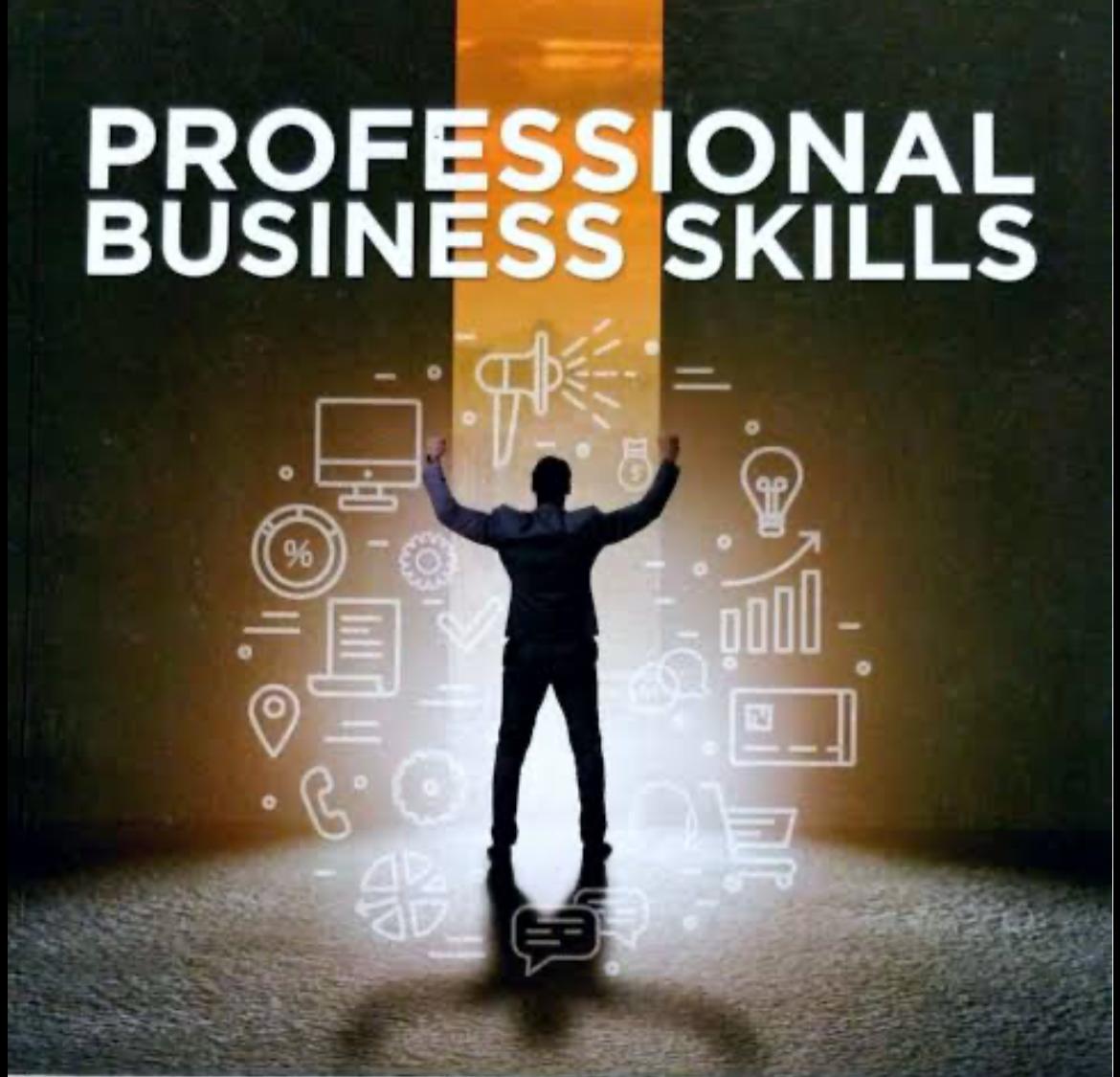
Specific course objectives:
1. To know professional and soft skills for business, business communication and documentation.
2. To measure the applications e –learning resources and it’s delivery in India.
3. To learn data analysis, networking, artificial intelligence, ethical and legal considerations.
4. To realize IT and society, cyber ethics, cyber crimes, cyber laws and E-governance initiatives.
5. To introduce digital marketing, types of digital marketing, social media and advertisements.
Specific outcomes:
1. Facilitates easy business communication
2. Improved knowledge of E-learning resources and its delivery broadens vision and insight of management.
3. Knowledge of artificial intelligence and data analysis helps to diversify and grow business cutting across obstacles
4. Knowledge of existing national and international cyber laws makes communication and business easier.
5. Digital marketing and its application of social media channels and advertisements enhances changes and horizon of business.

Specific course objectives:
1. Understand the basic concepts of theory of equations and quadratic formula.
2. To learn matrices, types, use and its application on various business situations.
3. To impart knowledge on progressions and its applications.
4. To learn various types of interest, growth rate and calculation of EMI on debt repayment.
5. To realize the concepts of descriptive statistics and its applications.
Specific outcomes
1. The learner learns the concepts of equations and quadratic formula.
2. Facilitates the scholar to use matrices for large volume data processing.
3. This helps to solve problems involving arithmetic and geometric progressions.
4. Able to choose the right mode of interest and EMI for debt repayment
Develop the skill of using descriptive statistical tools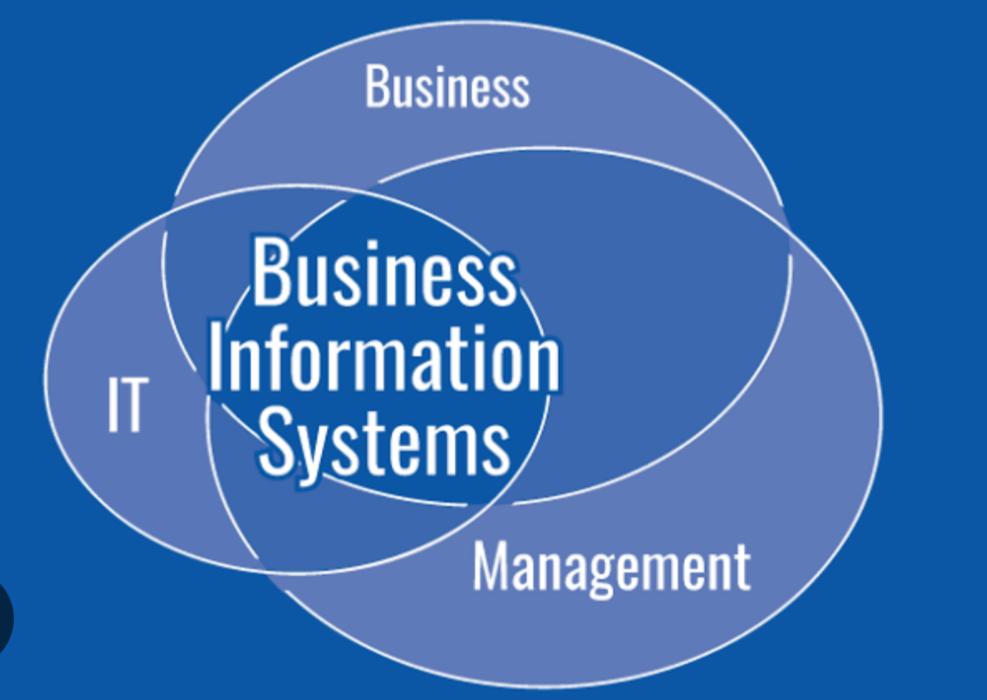
Specific Objectives:
1. To impart a general awareness on MIS
2. To learn types of MIS
3. To understand DBMS and types and models
4. To study ERP, benefits and drawbacks
5. To familiarise with Business Process Reengineering and merits and demerits
Specific Outcomes:
1. Knowledge of MIS helps to gather, process and take decisions easily.
2. It helps to provide right information at the right time at the right quantity
3. Knowledge of DBMS helps to process data scientifically keeping all manifestations.
4. Understanding of ERP helps easy automation and results in reduced costs.
5. Business Process Reengineering results in increased dignity in business and profits
- Teacher: JYOTHI M V VV College

Specific Objectives:
1. To examine various types of types of network – to evaluate the computer application in LAN, VAN and similar other networks.
2. To equip the students with the theoretical and practical knowledge in developing website and to understand the basic structure of HTML
3. To enable the student to develop websites for the business and equip them in modern technology relevant for the business survival.
4. To equip the student with various ecommerce platforms and enable them to evaluate the various pros and cons of digital payments
5. To keep the students learnt the threats associated with Computers and Internet and to learn the legislative background and support available.
Specific Outcomes:
1. Knowledge of networking and its application business helps students to learn in a networked community much easily.
2. Knowledge of website creation and its updation and maintenance magnifies the identity and scope of business at much cheaper a cost.
3. This helps to grow business across boarders easily.
4. Students become more competitive in this digital era for he knows these entire well.
Knowledge of the threats present in the Net helps to take preventive measures early and thereby could be avoided on time.
Specific Objectives:
1. To give an overview of Management Accounting
2. To study the methods of analysing financial statements
3. To learn Ratio analysis
4. To learn Fund Flow and Cash Flow analysis
5. To understand CVP analysis
Specific Outcomes:
1. To make the learner aware of the methodologies of Management Accounting
2. It is to make the candidate learn how to conceive and interpret financial statements
3. Ratios are very helpful tools for analysis and interpretations.
4. Knowledge of movements in working capital helps to check/control flow of funds/cash.
Knowledge of CVP analysis will be of great help for managerial decision making.- Teacher: SUNU K T VV College

Specific Objectives:
1. To impart a general idea of research and types of research.
2. To study the fundamentals of research and measurement of reliability
3. To learn scientific data collection process
4. To understand scientific data processing techniques and testing of hypothesis
5. To study drafting of a research report and matters to be kept in mind.
Specific Outcomes:
1. The learner knows the primary matters of business research
2. The student know how to fix a research design, scaling checking validity etc
3. The candidate knows the method of data collection and its processing and validation.
4. The learner knows to process collected data, test hypothesis and arrive at conclusions
5. The student knows well how to write an academic report and present it
- Teacher: SWAPNA C S VV College
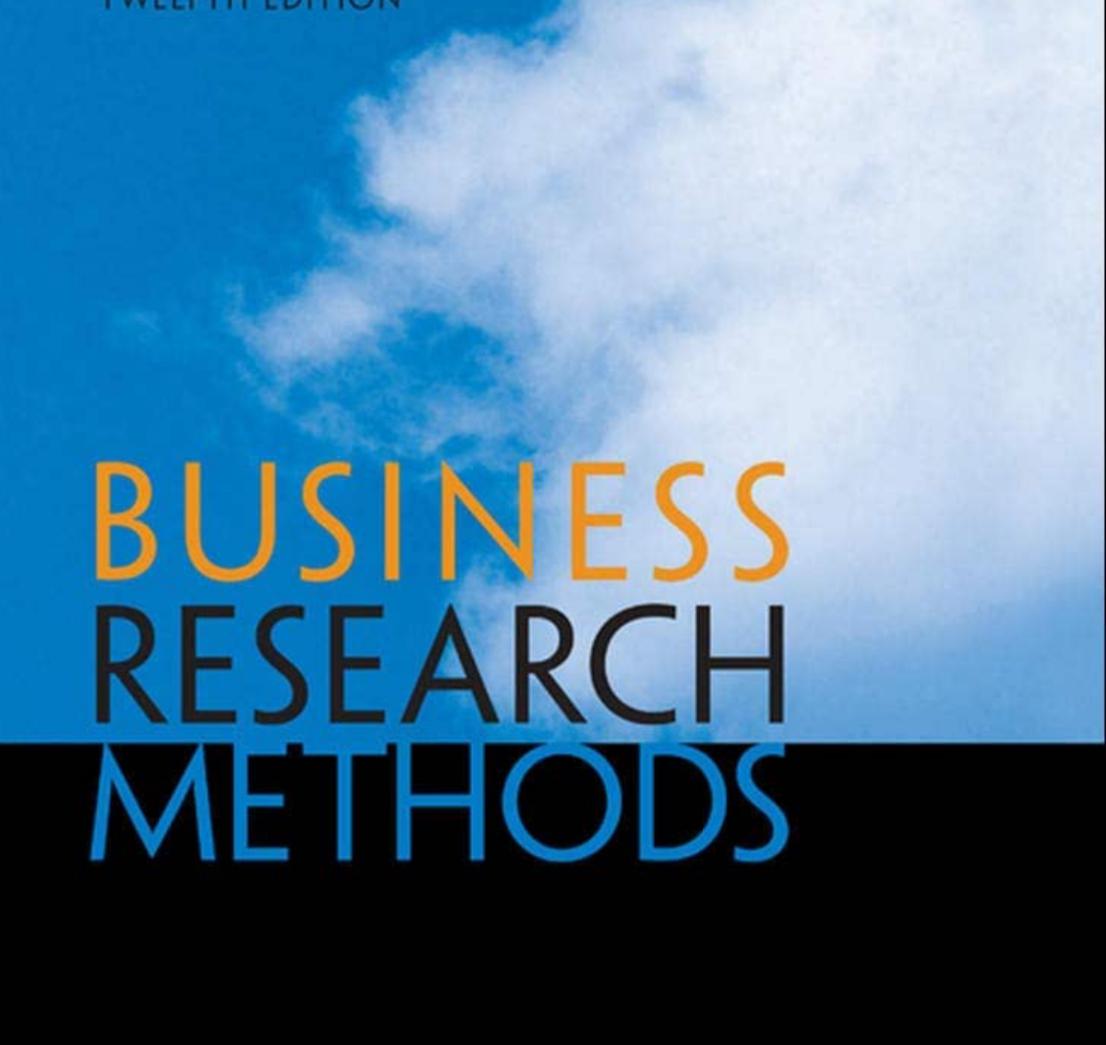
Specific Objectives:
□ To learn taxation system in India, and to learn taxable income, exempted income, agricultural income, calculation of taxable income, residential status etc.
□ To learn computation of taxable income under the head Salaries.
□ To understand taxation of income under the head House Property.
□ To study calculation of taxable profits and gains of business or profession.
□ To seek provisions of taxing capital gains and other sources
Specific Outcomes:
1. To understand the method and methodology of taxation on income in India.
2. To learn the provisions related to computation of Taxable Salary Income.
3. Knowledge of taxing income from house property helps the learner to compute taxable income under the head House Property correctly.
4. Knowledge of computing income under the head profits and gains of business or profession helps the learner to do it effectively in life.
5. Knowledge of computing income under the head Capital Gains and other sources makes the learner self-confident and competent to practice income tax.
- Teacher: Priya K VV College
- Teacher: SHEEJA V V VV College
Objective:
This course aims to familiarise the students with major statutes affecting the operations of business organizations.
Learning Outcomes: On completing the course, the students will be able to:
1. Analyse statutory provisions and the core concepts in business laws
2. Analyse legal issues arising in day-to-day business operations prevalent in India.
3. Identify unfair trade practices and gain insights about the consumer redressal mechanism in the country.
4. Discuss possible solutions to issues in organisations in the frame work of business laws
Understand the provisions of RTI Ac
Objective:
This course aims to enable students to understand the basic concepts of financial management and make them aware of major decision areas of financial management.
Learning Outcome: On completing the course, students will be able to:
1. Understand various basic concepts of finance.
2. Develop skills for effective Financial, Investment and Dividend decision making.
3. Evaluate projects and select the most suitable project after analysing various aspects.
- Teacher: SWAPNA C S VV College
Objectives:
The course acquaints the students with the knowledge about corporate accounting. The modules introduce the fundamental Indian accounting standard and equip the students with skills for preparing corporate accounts
.Learning outcomes: On completing the course, the students will be able to:
1. Understand and apply fundamental IndASs on inventories, PPE, provisions, income tax, borrowing cost and intangible assets
2. Prepare annual financial statements for companies and compute accounting ratios.
Record transactions in respect of redemption of preference shares and debentures
Objectives:
To update and expand basic Informatics skills of the students.
To equip the students to effectively utilize the digital knowledge resources for their study.
Learning Outcome: On completing the course, the students will be able to
1. Acquire the various soft skills required for professional.
2. Describe the nuances of professional communication and business data analysis.
3. Know the different dimensions of e- learning.
4. Gain insights about cyber laws.
Understand the evolving concept of digital markets and digital marketing

Objectives:
To provide basic knowledge about the structure, organisation and working of financial system in India
Learning Outcomes: On completing the course, the students will be able to:
1. Describe different aspects and components of a financial system.
2. Gain insights about various financial institutions in the country.
3. Gain understanding of various financial instruments like shares, bonds and derivatives.
- Teacher: KARISHMA. K VV College
Objectives:
To impart basic knowledge and equip students with application of principles and provisions of Income Tax Act, 1961 amended up-to-date.
Learning outcomes: On completing the course, the students will be able to:
1. Acquire the complete knowledge of basic concepts of income tax
2. Identify and comply with the relevant provisions of the Income Tax Act as it relates to the income tax of individuals
3. Compute different heads of income as well as total income and tax liability of individuals.
- Teacher: SANU R V V College
Objectives:
To familiarize the students with the concepts, tools and practices of operations management and to learn about the decisions and processes of operations management in a business firm.
Learning Outcomes: On completing the course, the students will be able to
1. Describe the different concepts of Operations Management.
2. Acquire the knowledge to make plans at the operational level of an industry
3. Describe the concepts of facilities planning, capacities planning and aggregate planning.
Describe the various tools for quality control in an organisation- Teacher: DIVYA P G
Objective:
To provide an insight into the fundamentals of business research and to acquire practical knowledge and required skills in carrying out research which they are expected to possess when they enter the industry as practitioners
Learning Outcomes: On completing the course, the students will be able to:
1. Develop understanding of the basic framework of business research process
2. Develop skills for conducting business research.
3. Get knowledge of variables, sources of data, data collection tools, tools for analysis etc.
4. Apply appropriate analysis tool depending upon the nature and type of data and interpret the results.
5. Prepare research reports.
- Teacher: NEEBA R
Objectives:
To give a conceptual understanding of human resource practices in organizations.
Learning Outcome: On completing the course, the students will be able to:
1. Develop insights on various concepts and functions of Human Resource Management.
2. To Design and formulate various HRM processes such as Recruitment, Selection, Training, Development,Performance appraisals and Compensation Plans.
3. Equip themselves with the understanding of importance of HR Planning and related aspects.
4. Learn the latest trends in Human Resource Management.
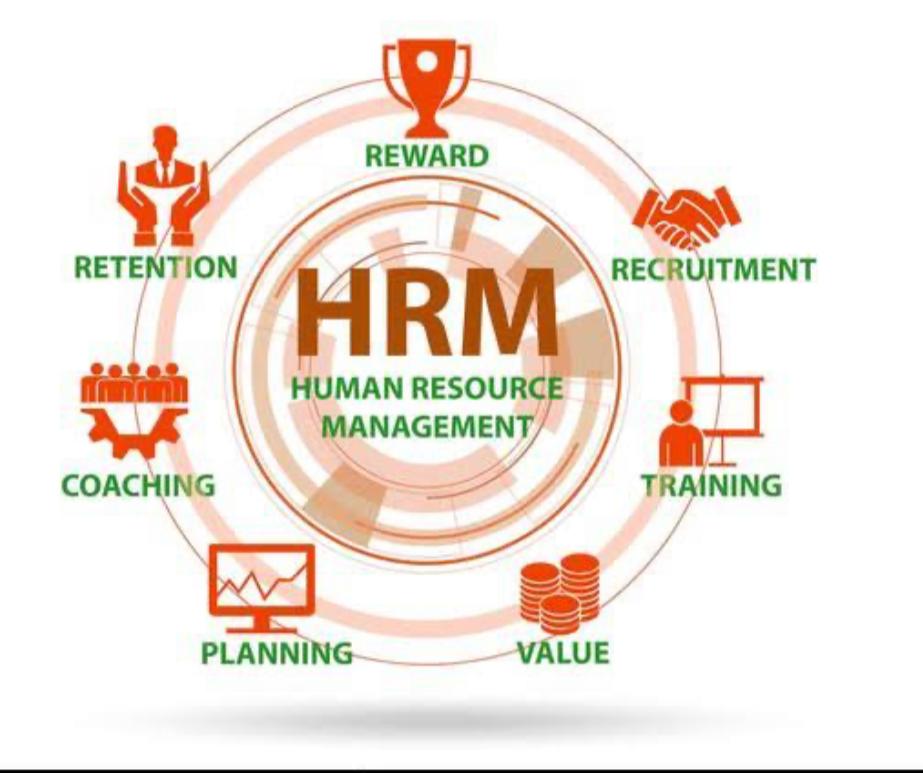
Specific Course objectives:
1. To impart understandings on human resource management.
2. To equip the students with basic knowledge and skills required for the acquisition, development and retention of human resources.
3. Develop the organizational practices of induction and organizational training practices.
4. Analyze the concept of performance appraisal and career planning.
5. Understand the compensation management and grievance redressal practices in the organization.
Specific course outcomes:
1. Knowledge of human resource management helps to run business effectively.
2. Understand the necessary skills required for the employment in an organization.
3. Familiarity with the induction and organizational training practices helps to have effective trained work force in the organisation..
4. Understand the concept of career planning and performance appraisal.
5. Insight on compensation and grievance management practices helps to take effective and appropriate decisions on time.

Course objectives: To help the students to acquire conceptual and practical knowledge of the fundamentals of the corporate accounting and the techniques of preparing the financial statements.
Specific course objectives:
1. To learn to account for redemption of pref. shares, bonus shares, right shares and buy back of shares.
2. Construct the financial practices of banking companies and preparation of final accounts.
3. Develop accounting practices of life insurance companies and drafting final accounts.
4. Demonstrate the preparation of consolidated financial statements of group companies.
5. Develop important disclosure based accounting standards and interim financial reporting.
Specific course outcomes:
1. Becomes competent to prepare accounts related with redemption of preference shares, bonus shares, right issue of shares and buy back of shares.
2. Realizes the concept of preparation of final accounts of banking companies.
3. Develop the skill of preparation of final accounts of life insurance companies.
4. Able to prepare the final accounts of group companies.
5. Understand the concept of disclosure based accounting standard and interim reporting.
- Teacher: SNEHA K T VV College
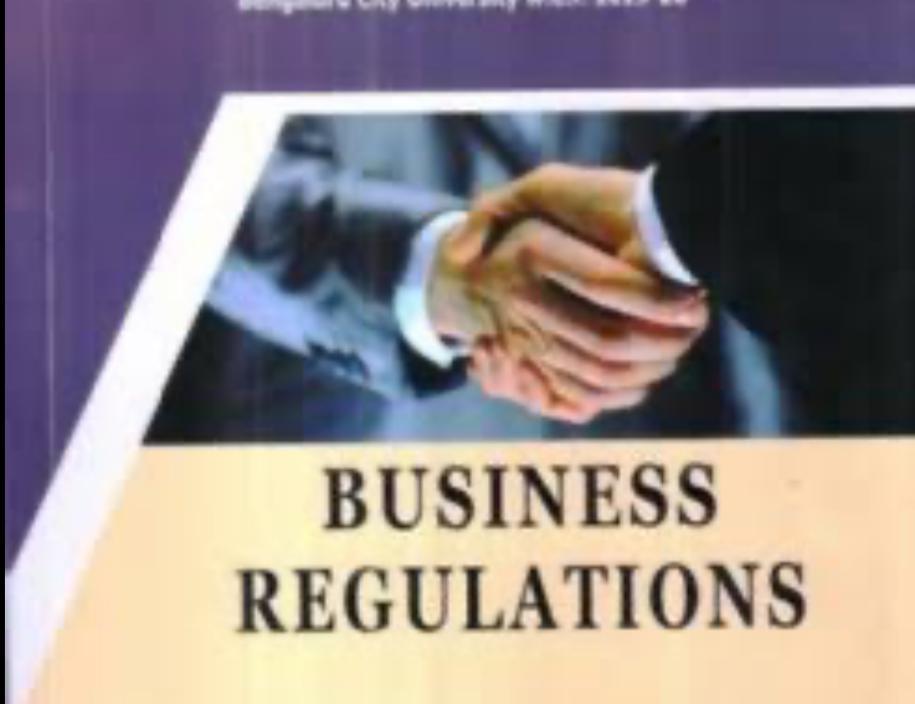
Course objectives: To familiarize the students with various laws in force on establishment and running of business in the country and the legal aspects to be observed.
Specific course objectives:
1. To impart basic knowledge of various business law in force.
2. To understand in detail of Indian Contract Act and its application on business situations.
3. To Learn Sale of Goods Act 1930 and its application.
4. To study Consumer Protection Act and grievance handling mechanism.
5. To understand Limited Liability Partnership and its application of partnership business.
Specific outcomes:
1. Helps to establish and run business as directed by the government.
2. Knowledge of Indian Contract Act 1872 helps to enter into valid contracts in life and business.
3. Learning of Sale of Goods Act helps to do business keeping all legal formalities.
4. Understanding of the privileges and rights of consumers helps to do legally standing business admitting the status of the customers; increases business and relationships in the long run.
Able to create LLP business with sound legal knowledge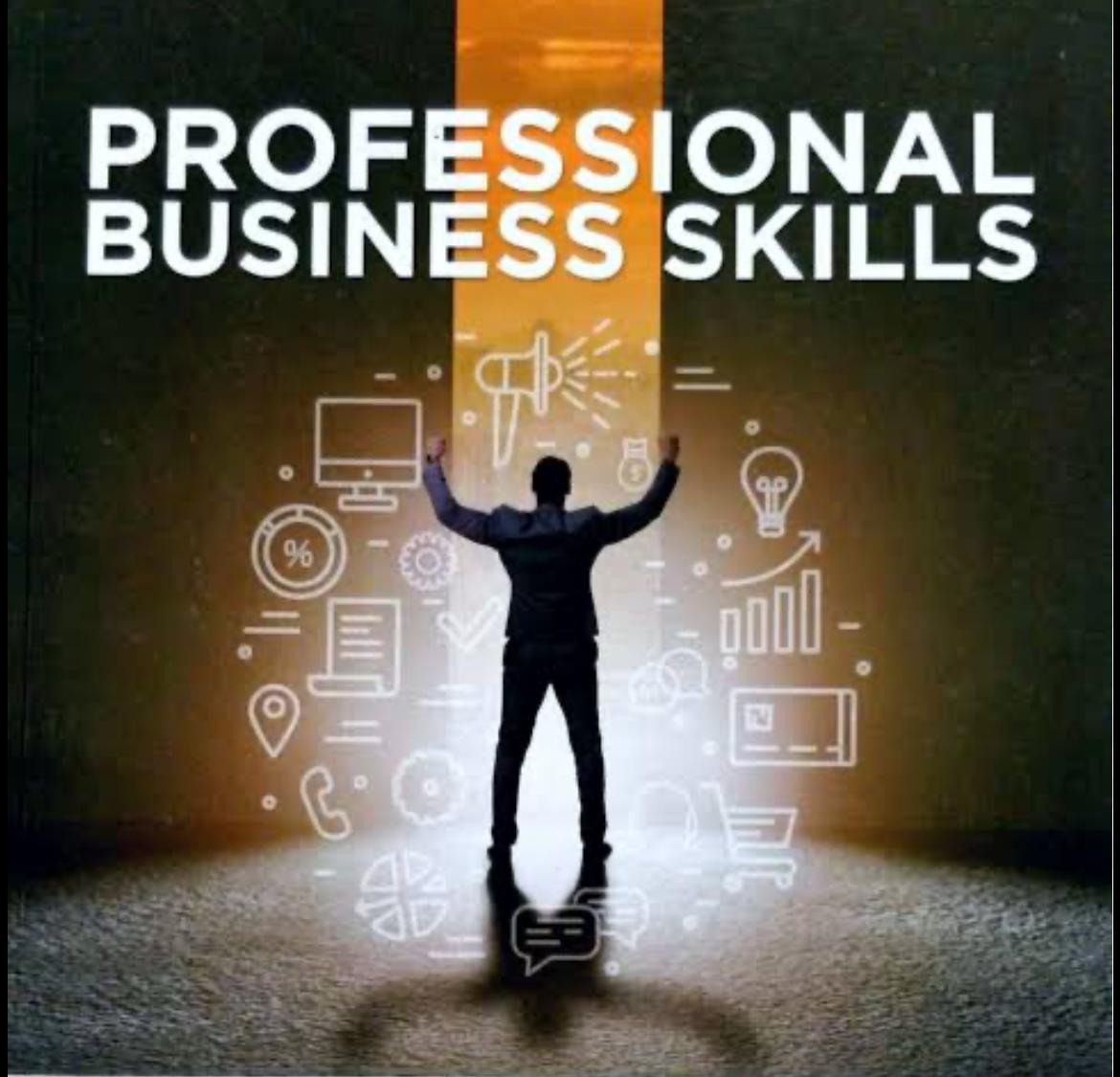
Course objectives: To update and expand basic Informatics skills of the students and equip them to effectively utilize the digital knowledge resources for studies and business.
Specific course objectives:
1. To know professional and soft skills for business, business communication and documentation.
2. To measure the applications e –learning resources and it’s delivery in India.
3. To learn data analysis, networking, artificial intelligence, ethical and legal considerations.
4. To realize IT and society, cyber ethics, cyber crimes, cyber laws and E-governance initiatives.
5. To introduce digital marketing, types of digital marketing, social media and advertisements.
Specific outcomes:
1. Facilitates easy business communication
2. Improved knowledge of E-learning resources and its delivery broadens vision and insight of management.
3. Knowledge of artificial intelligence and data analysis helps to diversify and grow business cutting across obstacles
4. Knowledge of existing national and international cyber laws makes communication and business easier.
Digital marketing and its application of social media channels and advertisements enhances changes and horizon of business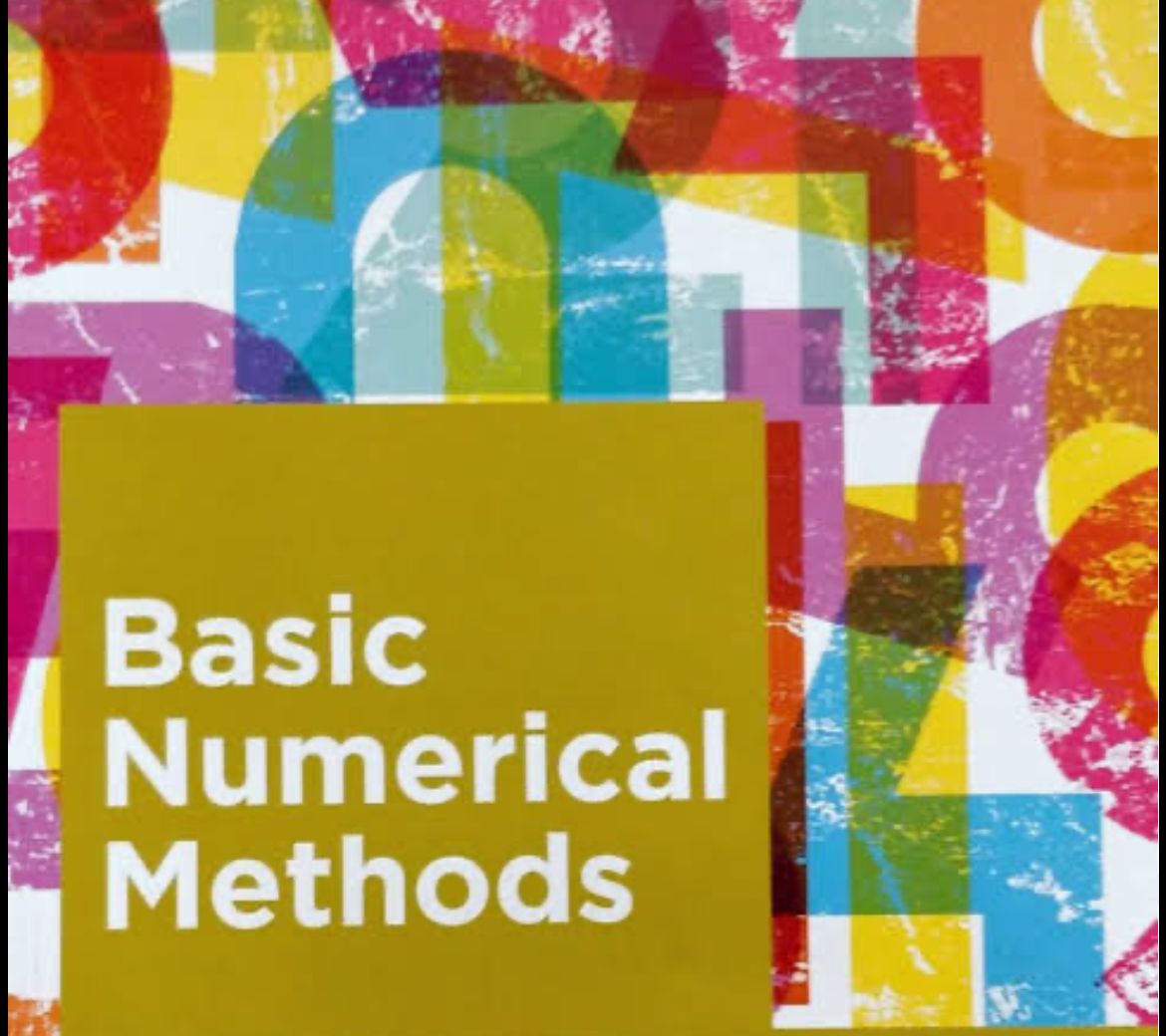
Course objectives: To enable the students to acquire knowledge of basic mathematical operations, solving equations, working on matrices, statistics and application of mathematical and statistical tools and techniques for solving complex business situations.
Specific course objectives:
1. Understand the basic concepts of theory of equations and quadratic formula.
2. To learn matrices, types, use and its application on various business situations.
3. To impart knowledge on progressions and its applications.
4. To learn various types of interest, growth rate and calculation of EMI on debt repayment.
5. To realize the concepts of descriptive statistics and its applications.
Specific outcomes
1. The learner learns the concepts of equations and quadratic formula.
2. Facilitates the scholar to use matrices for large volume data processing.
3. This helps to solve problems involving arithmetic and geometric progressions.
4. Able to choose the right mode of interest and EMI for debt repayment
5. Develop the skill of using descriptive statistical tools.
- Teacher: JYOTHI M V VV College

Course Objectives: To enable the students to acquire knowledge about co-operative legal frame work in India and Kerala and to understand the formalities for registering co-operatives and the administrative set up.
Specific Objectives:
1. To make a general study of the cooperative movement in India
2. To study the various legislations governing cooperative societies in India
3. To study the Kerala Cooperative Societies Act and its provisions
4. To understand the administrative set of cooperative department in Kerala
5. To study the features of Banking Regulation Act 1949.
Specific Outcomes:
1. Knowledge of cooperative movement in India helps to form new cooperatives.
2. Knowledge of cooperative legislations helps to go by law and take valid decisions.
3. Learning of Kerala Cooperative Societies Act helps to run societies easily.
4. Administrative set up of Cooperatives helps to contact the right person at the right time.
5. Banking Regulation Act helps to have a comparative study of both the Acts.
- Teacher: KARISHMA. K VV College
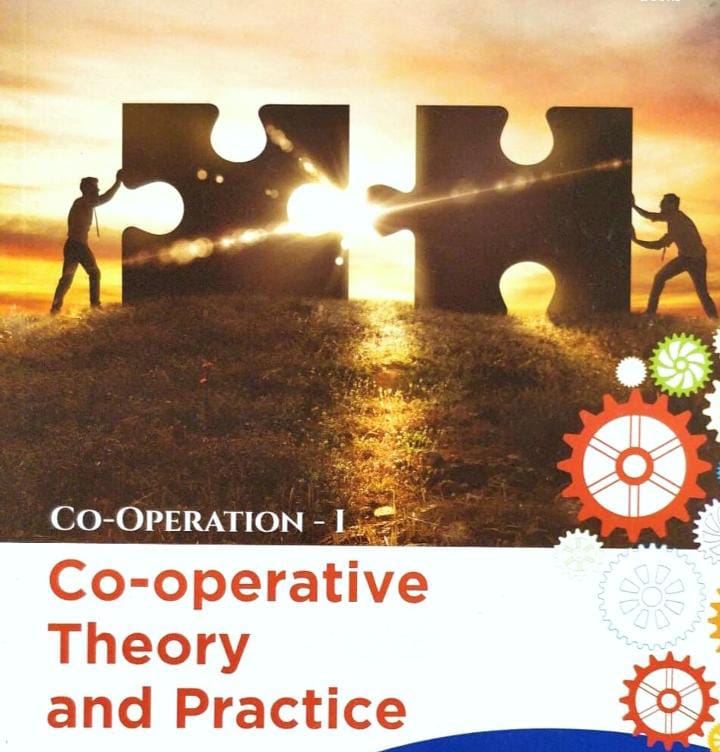
Course Objectives: To provide conceptual clarity and theoretical base in co-operation and to provide an overall idea about important types of co-operatives.
Specific Objectives:
1. To give a general idea of cooperative movement
2. To impart knowledge on cooperative movement and other economic systems
3. To learn cooperative education and trainings
4. To understand different types of cooperatives in India
5. To learn some of the successful big cooperative business houses
Specific Outcomes:
1. It helps to learn about cooperation, cooperative movement and its principles
2. It facilitates a comparative study of cooperation and other economic systems
3. It helps to learn cooperative training houses and methods of training.
4. Idea on different types of cooperatives helps to choose from as when needed.
5. History of successful business houses motivates to start new cooperative business houses.
- Teacher: SHEEJA V V VV College

Course Objectives: It aims at providing a basic knowledge and equips students with the provisions of the Income Tax Act in India. It is intended to provide the candidate with basic knowledge of heads of income and computation of taxable income under various heads of income.
Specific Objectives:
□ To learn taxation system in India, and to learn taxable income, exempted income, agricultural income, calculation of taxable income, residential status etc.
□ To learn computation of taxable income under the head Salaries.
□ To understand taxation of income under the head House Property.
□ To study calculation of taxable profits and gains of business or profession.
□ To seek provisions of taxing capital gains and other sources
Specific Outcomes:
1. To understand the method and methodology of taxation on income in India.
2. To learn the provisions related to computation of Taxable Salary Income.
3. Knowledge of taxing income from house property helps the learner to compute taxable income under the head House Property correctly.
4. Knowledge of computing income under the head profits and gains of business or profession helps the learner to do it effectively in life.
Knowledge of computing income under the head Capital Gains and other sources makes the learner self-confident and competent to practice income tax- Teacher: ADHITHYA K ANIL VV College
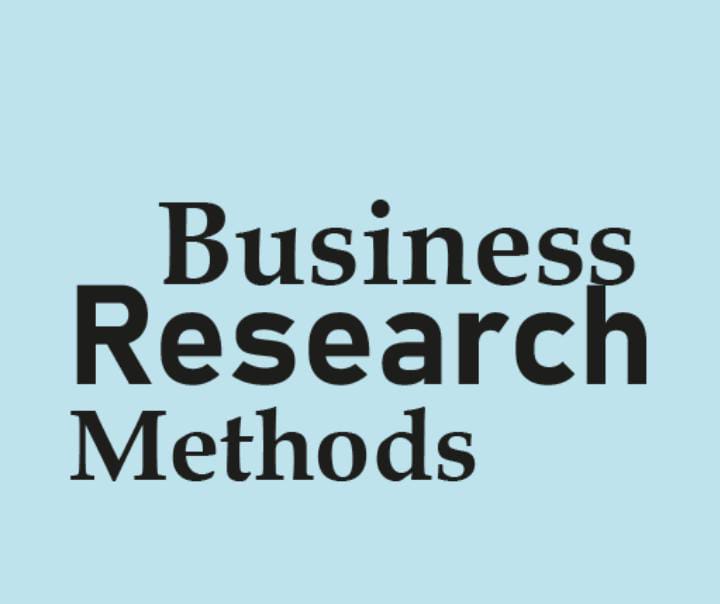
Course Objectives: To enable students for acquiring basic knowledge in business research methods and to develop basic skills in them to conduct survey researches and case studies.
Specific Objectives:
1. To impart a general idea of research and types of research.
2. To study the fundamentals of research and measurement of reliability
3. To learn scientific data collection process
4. To understand scientific data processing techniques and testing of hypothesis
5. To study drafting of a research report and matters to be kept in mind.
Specific Outcomes:
1. The learner knows the primary matters of business research
2. The student know how to fix a research design, scaling checking validity etc
3. The candidate knows the method of data collection and its processing and validation.
4. The learner knows to process collected data, test hypothesis and arrive at conclusions
5. The student knows well how to write an academic report and present it
- Teacher: SNEHA K T VV College
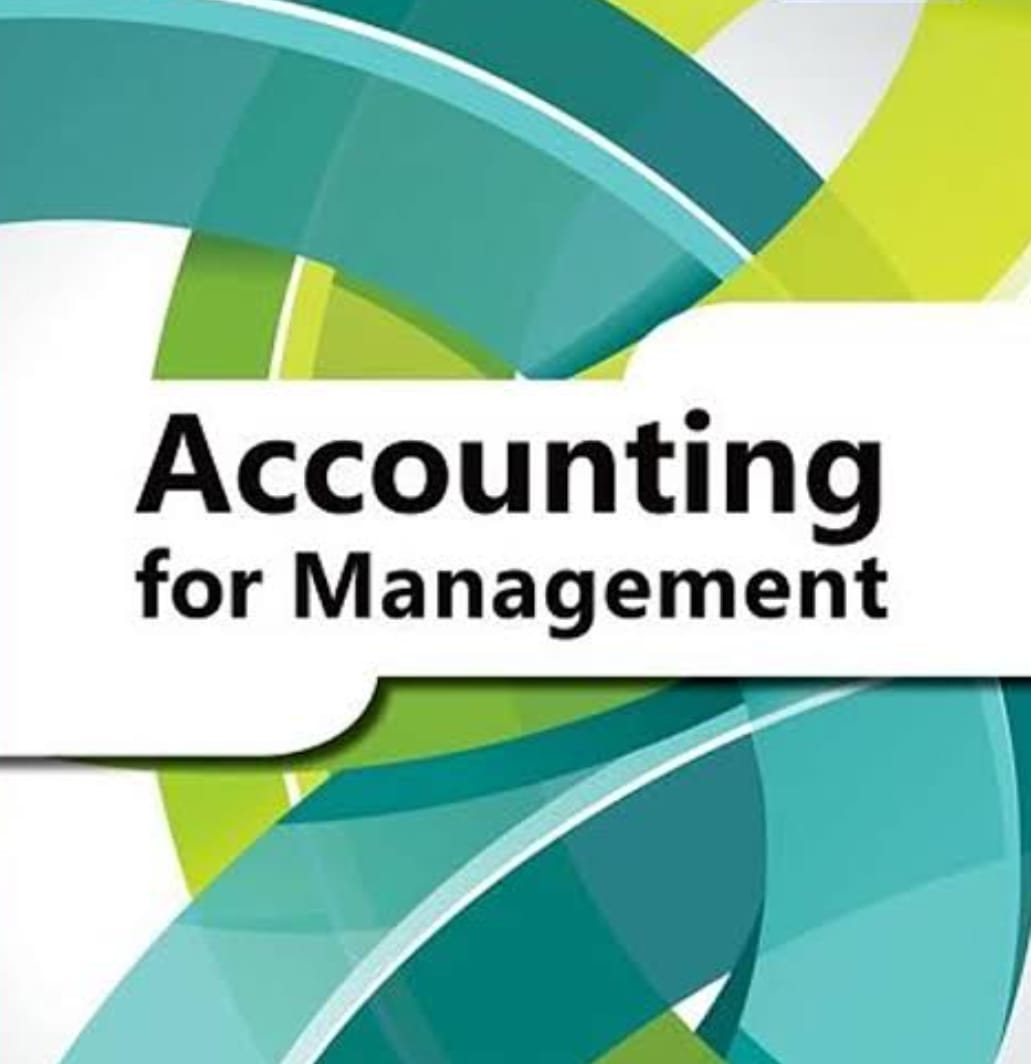
Course Objectives: It is intended to enable the students to understand the concept and relevance of Management Accounting and to provide the students an understanding about the use of accounting and costing data for planning, control, and decision making.
Specific Objectives:
1. To give an overview of Management Accounting
2. To study the methods of analysing financial statements
3. To learn Ratio analysis
4. To learn Fund Flow and Cash Flow analysis
5. To understand CVP analysis
Specific Outcomes:
1. To make the learner aware of the methodologies of Management Accounting
2. It is to make the candidate learn how to conceive and interpret financial statements
3. Ratios are very helpful tools for analysis and interpretations.
4. Knowledge of movements in working capital helps to check/control flow of funds/cash.
5. Knowledge of CVP analysis will be of great help for managerial decision making.
- Teacher: INDIRA S VV College

CO1: The student could understand the classifications of data. Student is also introduced to various data collection techniques.
CO2: Student will learn to visualize various types of data with the use of frequency charts and appropriate graphs.
CO3: Student understands concepts like measures of central tendency, measures of variation and measures of position.
CO4: Student gets a clear understanding of basic probability concepts. Student learns conditional probability, addition rule and other basic theories in probability.
CO5: Student will learn various probability distributions of discrete and continuous variables.
CO6: Student learns about the normal distribution, which is an important continuous probability distribution in inferential statistics.
CO7: Student understands the standard normal distribution and learns the conversion of normal
variable to standard normal variable.
- Teacher: Neethu peethambaran VV College
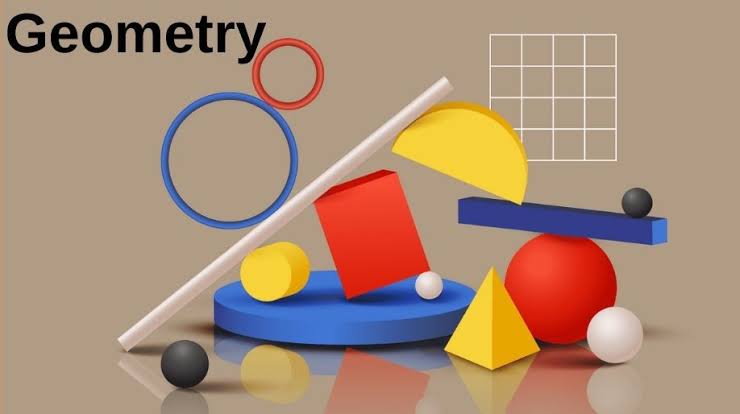
CO1: solve linear programming problems geometrically
CO2: understand the drawbacks of geometric methods
CO3: solve LP problems more effectively using Simplex algorithm via. the use of condensed tableau of A.W. Tucker
CO4: convert certain related problems, not directly solvable by simplex method, into a form that can be attacked by simplex method.
CO5: understand duality theory, a theory that establishes relationships between linear programming problems of maximization and minimization
CO6: understand game theory
CO7: solve transportation and assignment problems by algorithms that take advantage of the simpler
nature of these problems
- Teacher: RUGMA. C. H VV College

CO1: solve linear programming problems geometrically
CO2: understand the drawbacks of geometric methods
CO3: solve LP problems more effectively using Simplex algorithm via. the use of condensed tableau of A.W. Tucker
CO4: convert certain related problems, not directly solvable by simplex method, into a form that can be attacked by simplex method.
CO5: understand duality theory, a theory that establishes relationships between linear programming problems of maximization and minimization
CO6: understand game theory
CO7: solve transportation and assignment problems by algorithms that take advantage of the simpler
nature of these problems
- Teacher: PRASEEJA T VV College

CO1: Understand several methods such as bisection method, fixed point iteration method, regula falsi method etc. to find out the approximate numerical solutions of algebraic and transcendental equations with desired accuracy.
CO2: Understand the concept of interpolation and also learn some well known interpolation techniques.
CO3: Understand a few techniques for numerical differentiation and integration and also realize their merits and demerits.
CO4: Find out numerical approximations to solutions of initial value problems and also to understand
the efficiency of various methods.
- Teacher: PRASEEJA T VV College
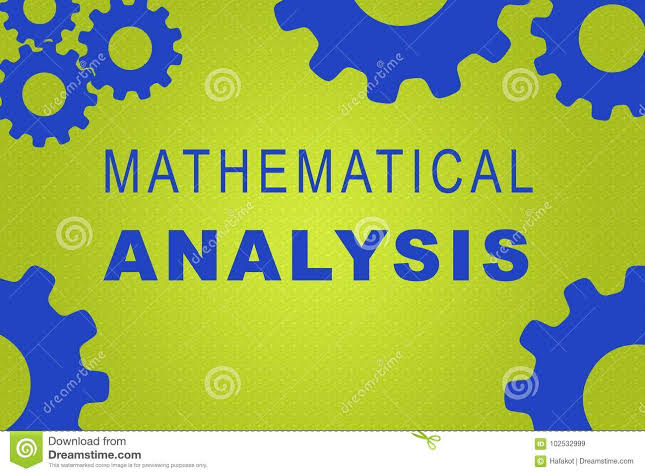
CO1: to learn and deduce rigorously many properties of real number system by assuming a few fundamental facts about it as axioms. In particular they will learn to prove Archimedean property, density theorem, existence of a positive square root for positive numbers and so on and the learning will help them to appreciate the beauty of logical arguments and embolden them to apply it in similar and unknown problems.
CO2: to know about sequences, their limits, several basic and important theorems involving sequences and their applications. For example, they will learn how monotone convergence theorem can be used in establishing the divergence of the harmonic series, how it helps in the calculation of square root of positive numbers and how it establishes the existence of the transcendental number e (Euler constant).
CO3: to understand some basic topological properties of real number system such as the concept of open and closed sets, their properties, their characterization and so on.
CO4: to understand some basic topological properties of real number system such as the concept of open and closed sets, their properties, their characterization and so on.
CO5: to get a rigorous introduction to algebraic, geometric and topological structures of complex
number system, functions of complex variable, their limit and continuity and so on. Rich use
of geometry, comparison between real and complex calculus-areas where they agree and where
they differ, the study of mapping properties of a few important complex functions exploring the underlying geometry etc. will demystify student’s belief that complex variable theory is
incomprehensible.
- Teacher: Neethu peethambaran VV College
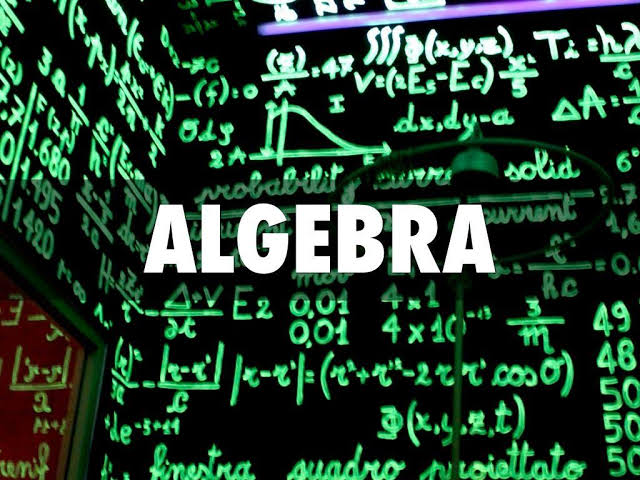
CO1: Observe the connection emerging between classical
algebra and modern algebra.
C02: Devoted to the discussion on basic
ideas and results of abstract algebra.
C03: Students understand the abstract notion of a group, learn several
examples, are taught to check whether an algebraic system forms a group or not and are introduced to
some fundamental results of group theory.
C04: The idea of structural similarity, the notion of cyclic group,
permutation group, various examples and very fundamental results in the areas are also explored.
- Teacher: RUGMA. C. H VV College

CO1 : They learn the major classifications of differential equations.
CO2 : They learn the conditions for the existence of solution of first and second order Initial Value Problems.
CO3 : They learn how to formulate a mathematical model of a physical process.
CO4 : They learn to solve the first order differential equations that are of linear, separable, exact, and Bernoulli’s forms.
CO5 : They learn about the numerical method of solving a differential equation using Euler’s method.
CO6 : They become familiar with the theory and method of solving second order linear homogeneous and non-homogeneous equations with constant coefficients.
CO7: They learn the method of reduction of order to find a second solution of linear second order equation by reducing to linear first order equation.
CO8 : They learn the method of solution of Cauchy Euler equations.
CO9 : They learn about linear models and Boundary value problems.
CO10 : They acquire the knowledge of solving a differential equation using the Laplace method, which is useful to deal with problems in engineering.
CO11: They are familiarized with the Fourier series.
CO12: They learn the technique of solving partial differential equations using the method of separation
of variables.
- Teacher: Neethu peethambaran VV College

CO1: To learn the floating point arithmetic
CO2: Learning to solve linear equations.
CO3: To learn numerical differentiation and integration.
CO4: To learn the basics of statistics and probability theory
- Teacher: PRASEEJA T VV College
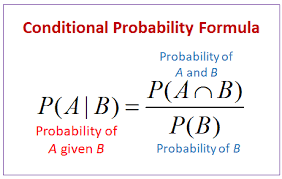
CO1: To generate interest in Statistics
CO2 : To equip the students with the concepts of basic Statistics
CO3: To provide basic knowledge about Statistical methods
- Teacher: Neethu peethambaran VV College
- Teacher: PRASEEJA T VV College
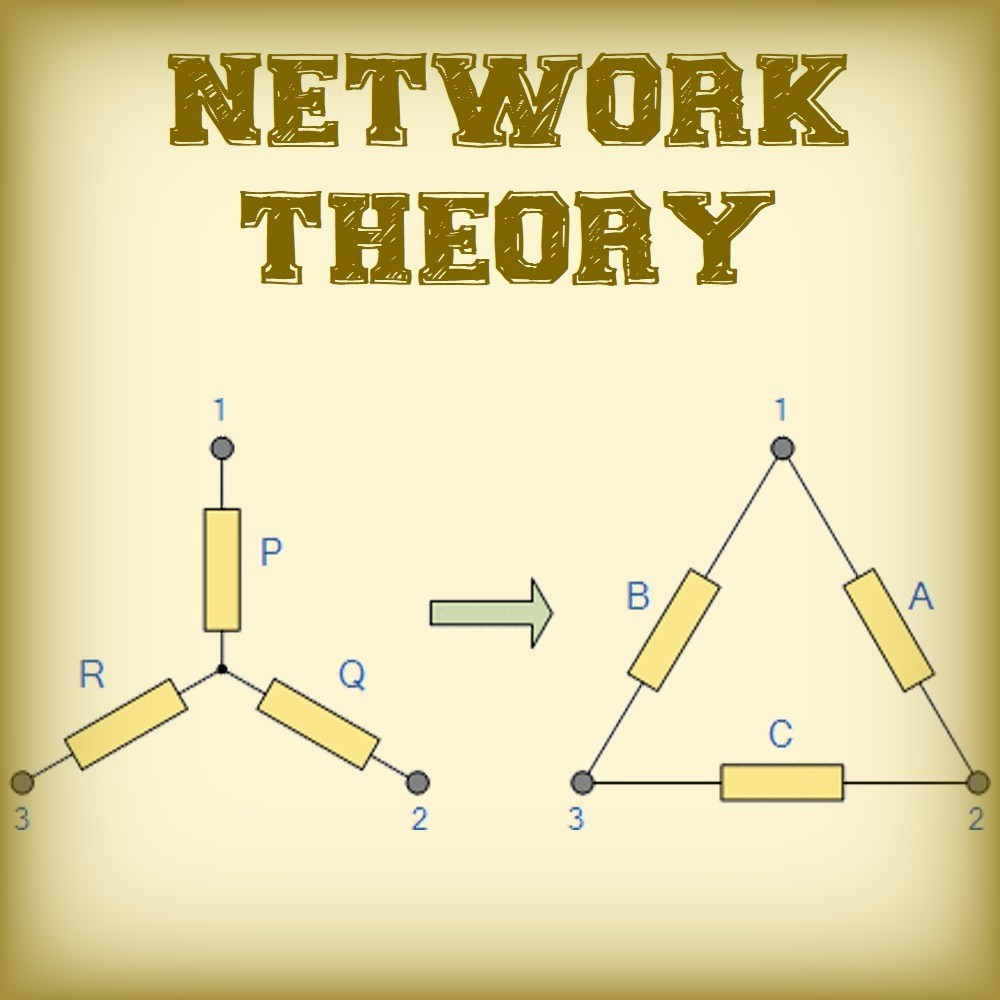
Network theory is the study of solving the problems of electric circuits or electric networks.
Course Outcomes
To equip the students with basic knowledge in the Network theory
To learn the basics of Networks, Fourier series, Network theorems
- Teacher: Khuraishimol P H VV College

Principles of low-level program execution and interfacing to peripherals are emphasized in this course.
course outcomes
To equip the students with basic understanding of Microcontrollers and its applications.
To learn the basics of microcontrollers
- Teacher: Lalitha. P. C VV College
Electromagnetic theory is a core course in Electrical Engineering curriculum. The course covers static and dynamic electric and magnetic fields and their interaction. Major topics include Electromagnetic Waves, Transmission Lines, Waveguides, and Antenna fundamentals.
course outcomes
To equip the students with basic knowledge in E.M. Theory, which is important in the field of communications
To learn the Electrostatics, Magnetostatics and Electrodynamics
- Teacher: Pramod Kumar K VV College

Digital electronics is the study of electronic circuits that are used to process and control digital signals. In contrast to analog electronics, where information is represented by a continuously varying voltage, digital signals are represented by two discrete voltages or logic levels.The approach used in Digital Fundamentals allows students to master the all-important fundamental concepts before getting into more advanced or optional topics.
Course Outcomes:
To equip the students with detailed knowledge in digital electronics.
To learn different number systems,logic gates, counters,flip-flops etc.
- Teacher: Lalitha. P. C VV College
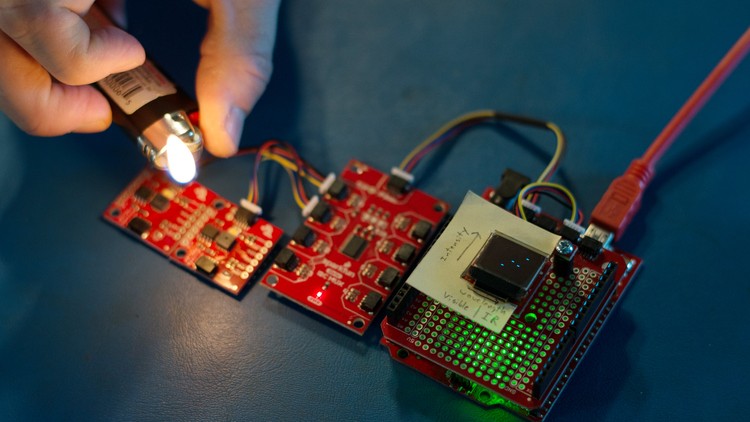
THIS COURSE COVERS working principles and applications of transducers and sensors.
The students will be able to
• Explain resistance, inductance and capacitance transducers
. • Perceive the concepts of temperature and pressure transducers.
• Perceive the concepts level transducers such as and flow transducers
• Explain Electromagnetic transducers and radiation sensors
• Explain force and torque transducers and sound transducers
- Teacher: Khuraishimol P H VV College
- Teacher: Pramod Kumar K VV College
- Teacher: JISHA K V VV College
- Teacher: Vishnu Prasad VV College
Skip site announcements
Site announcements
There are no discussion topics yet in this forum
Skip course categories
Course categories
Skip courses
